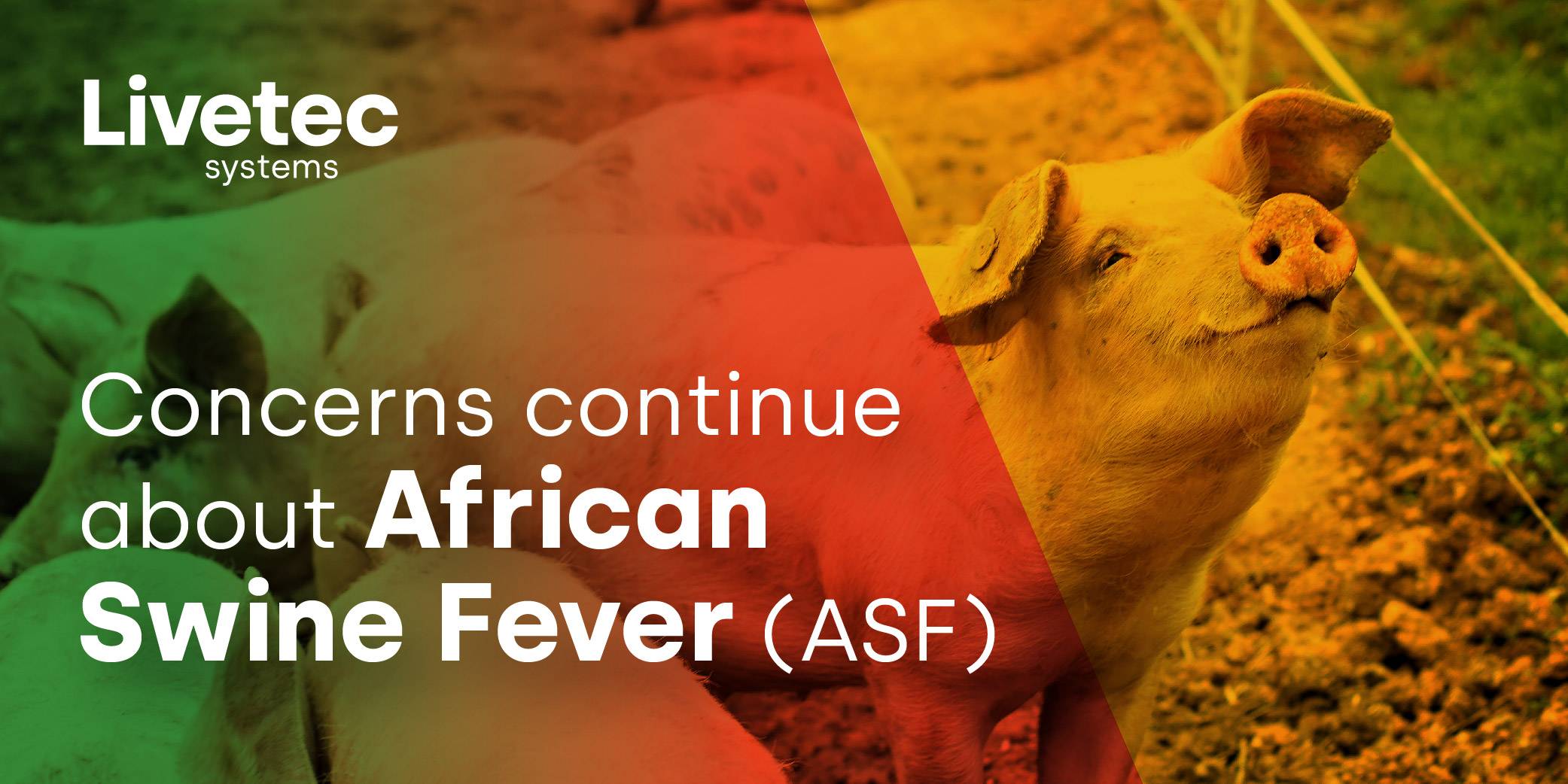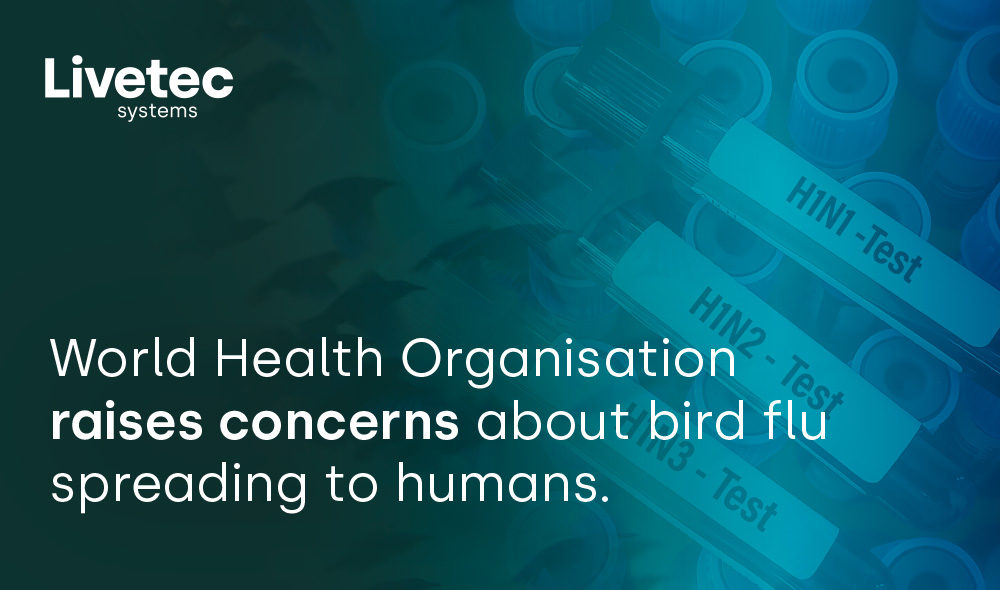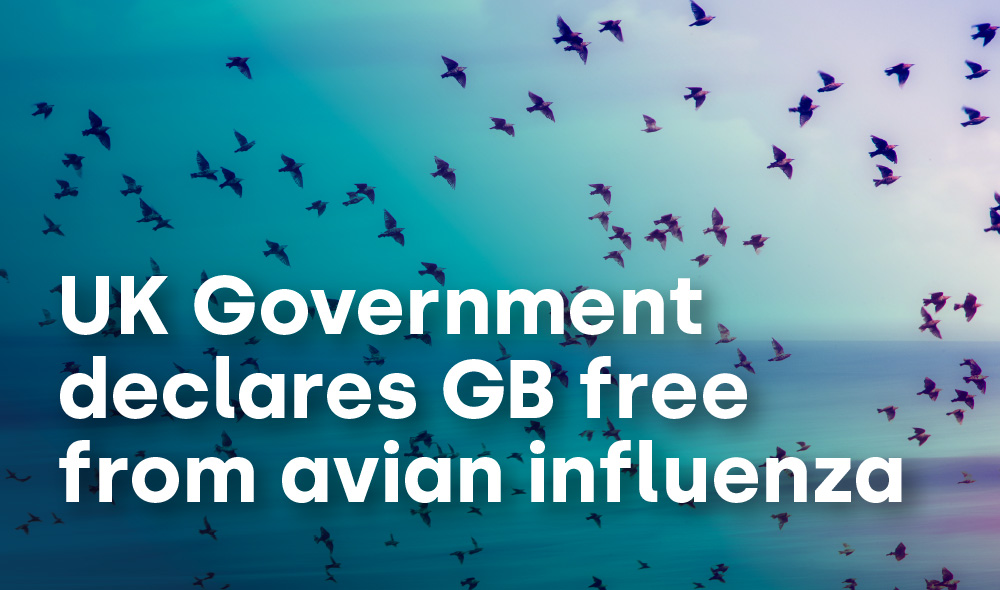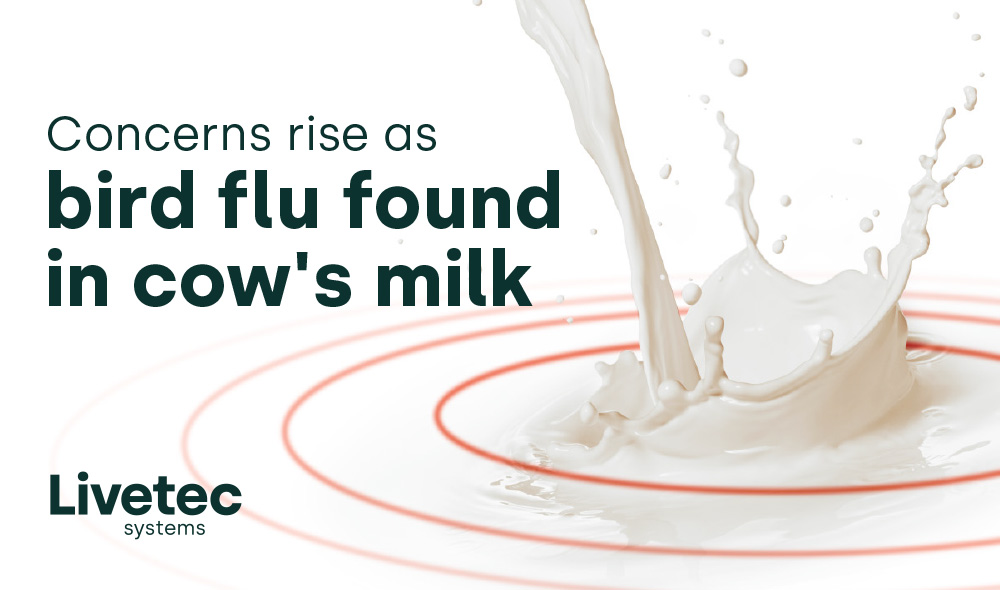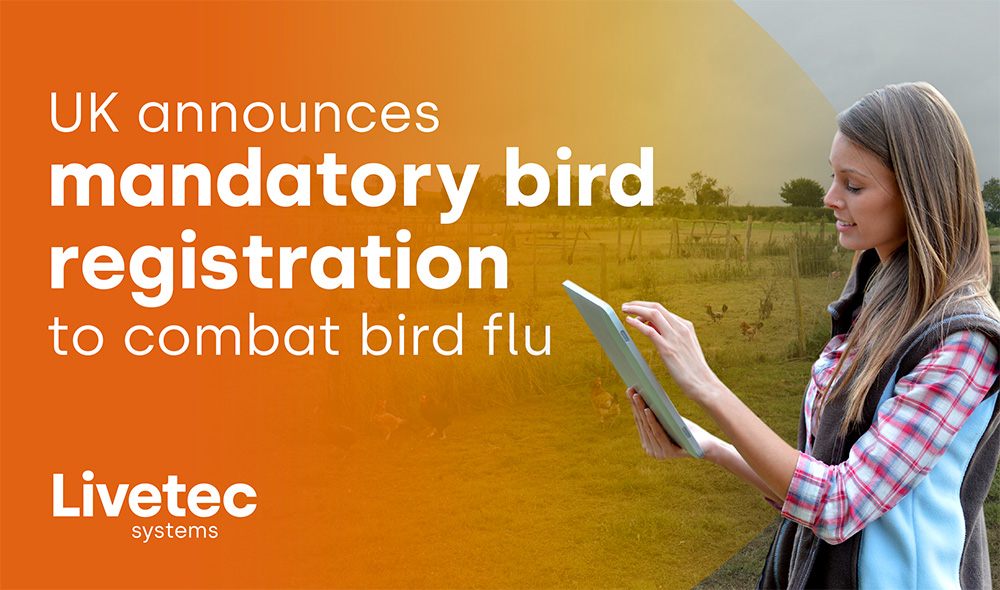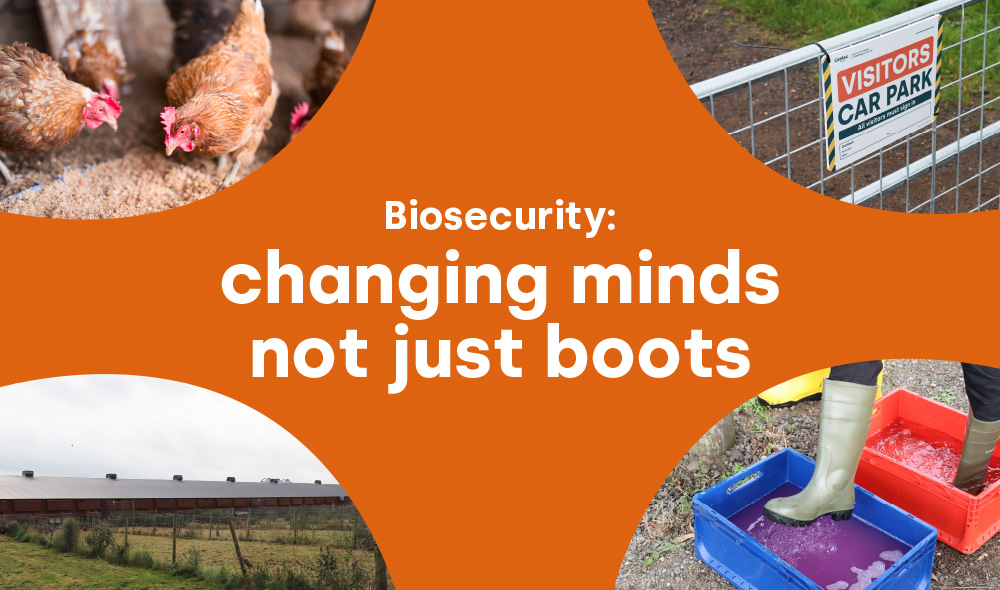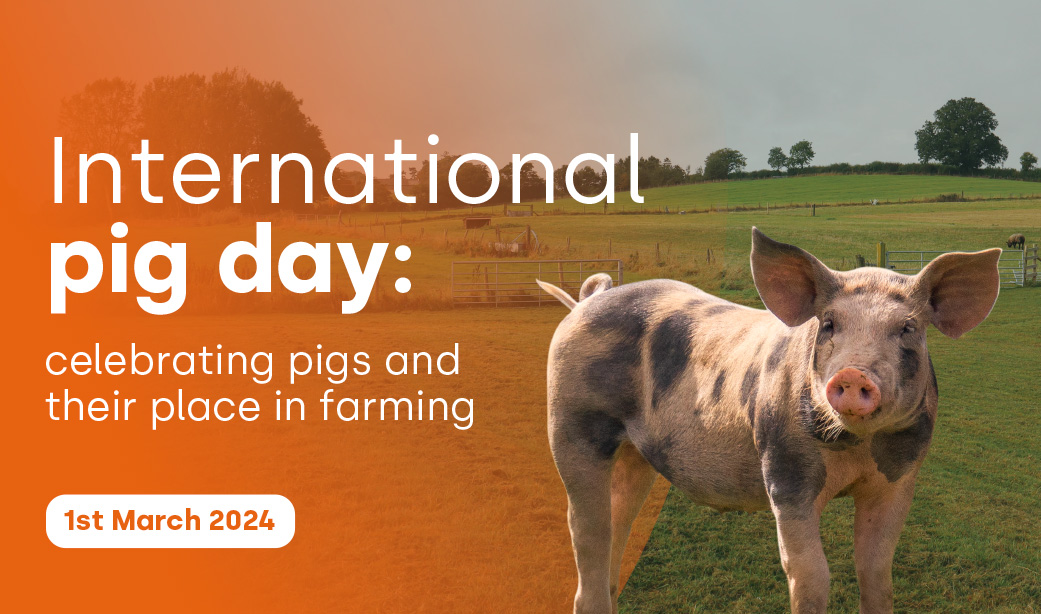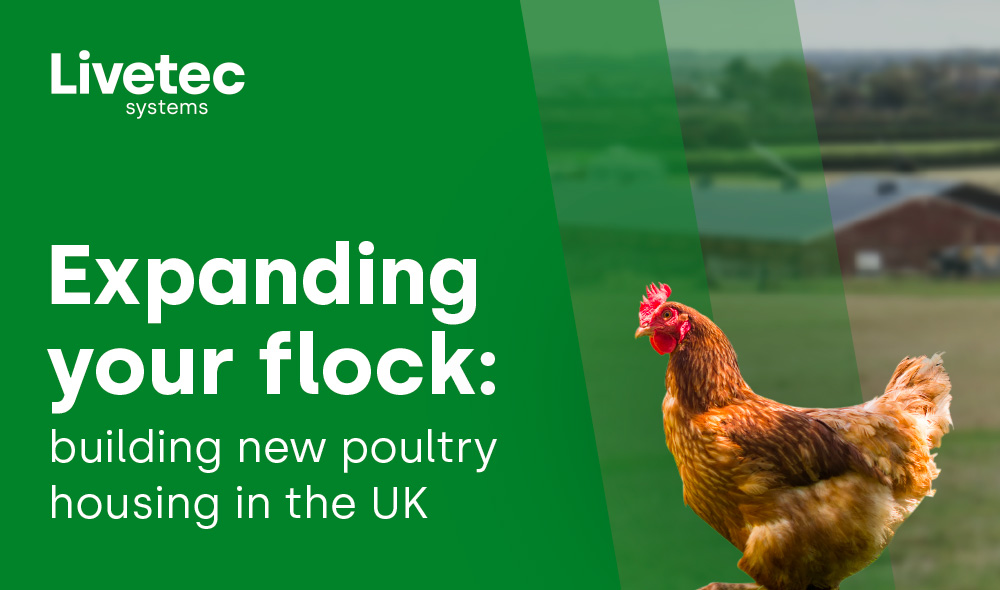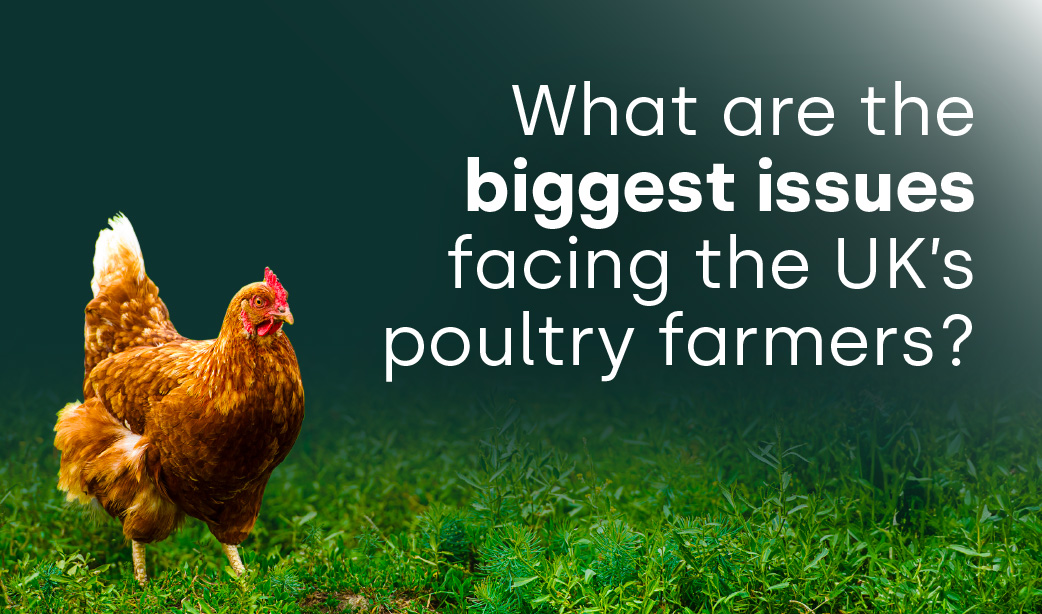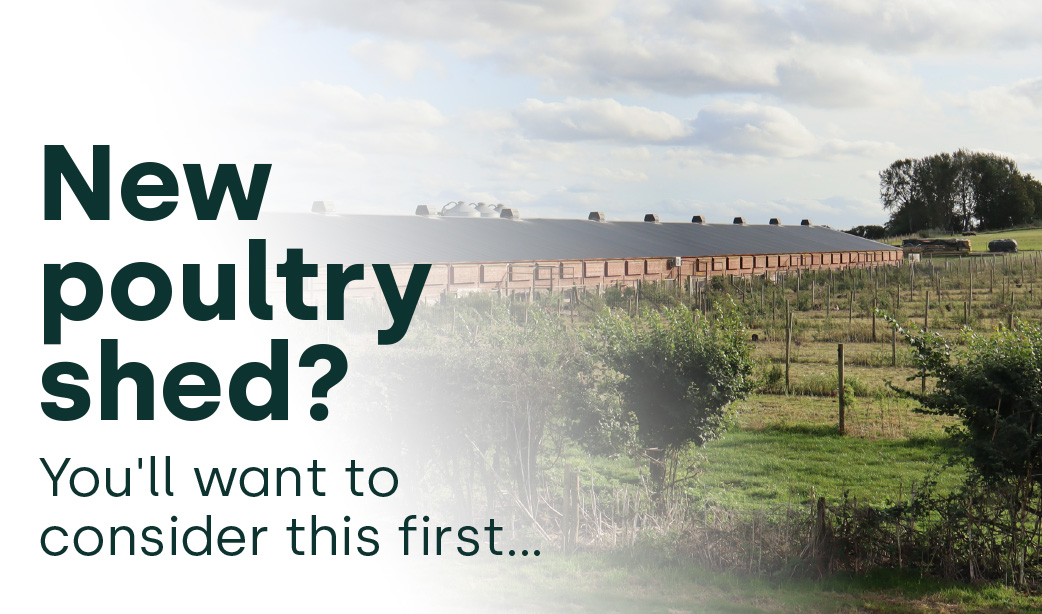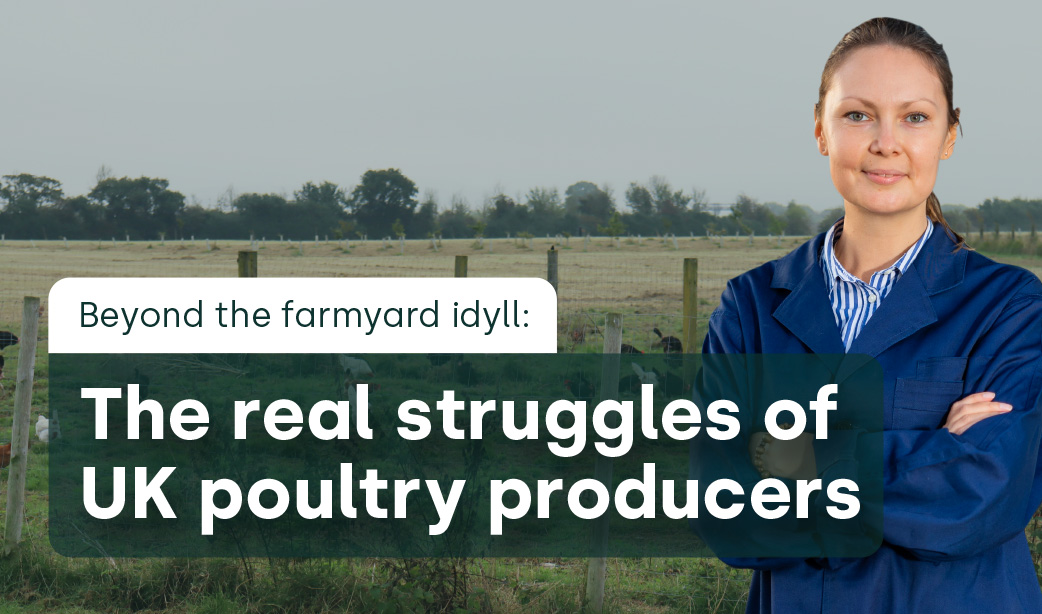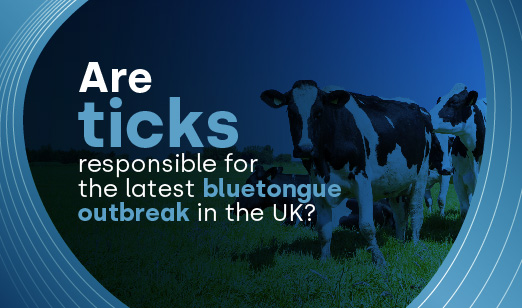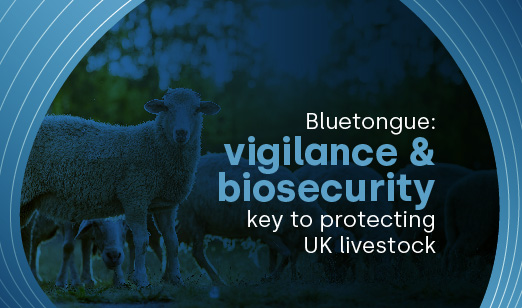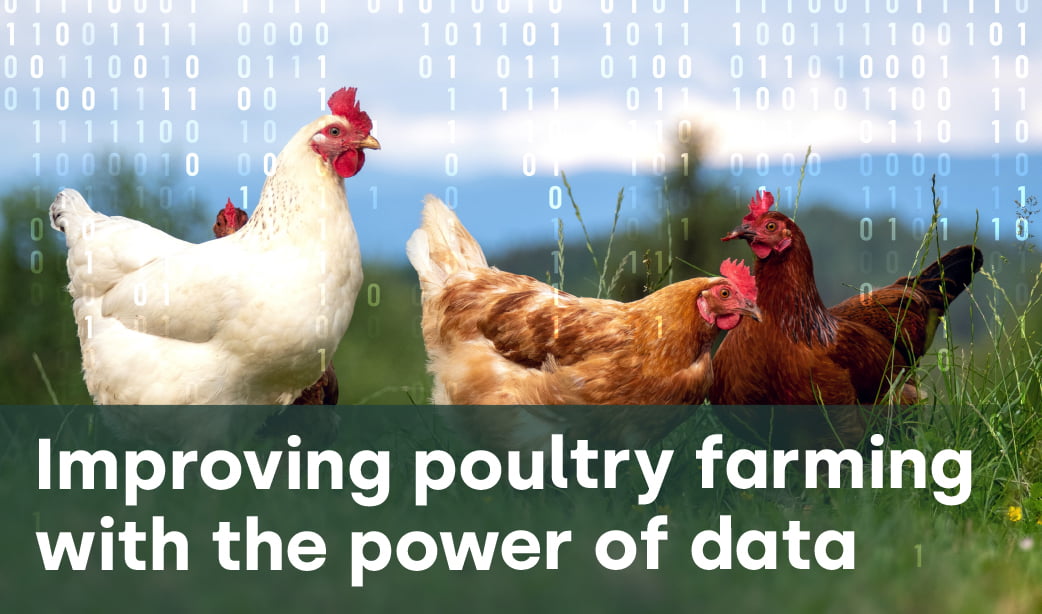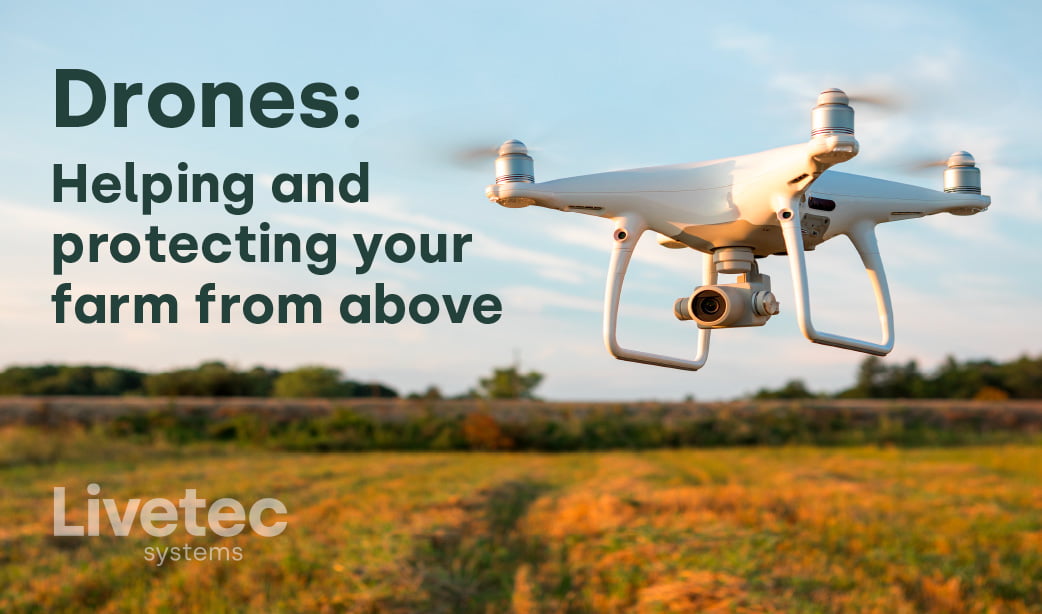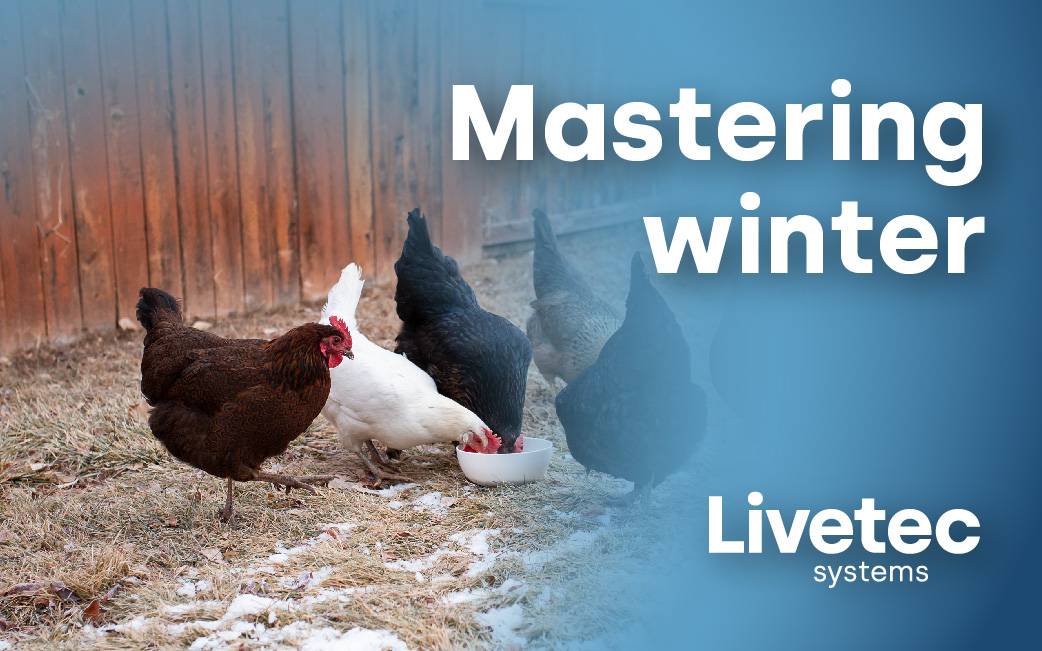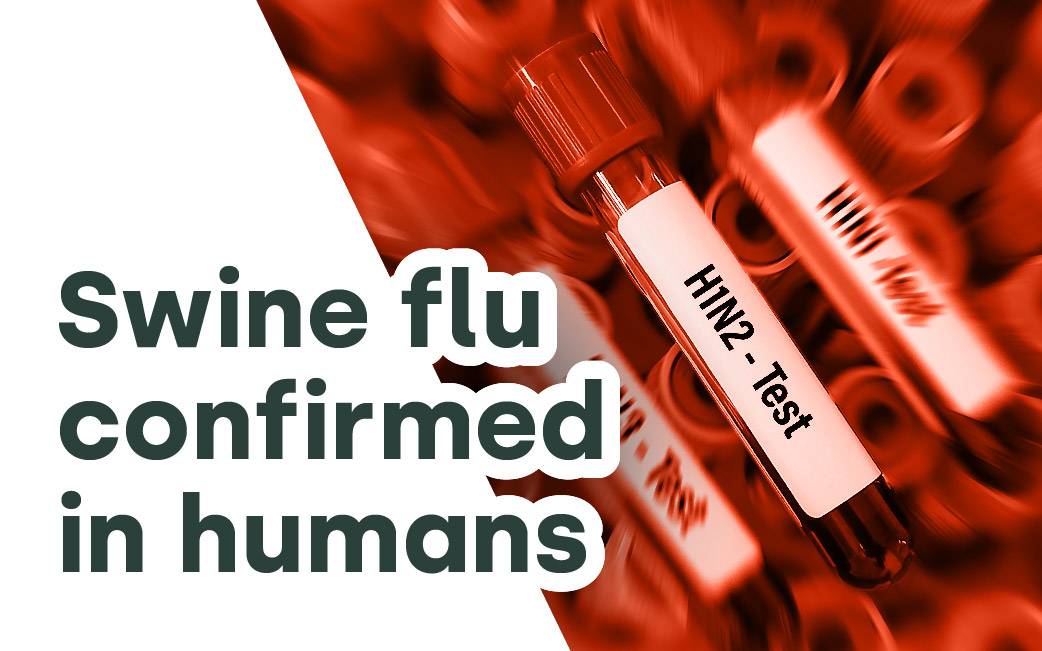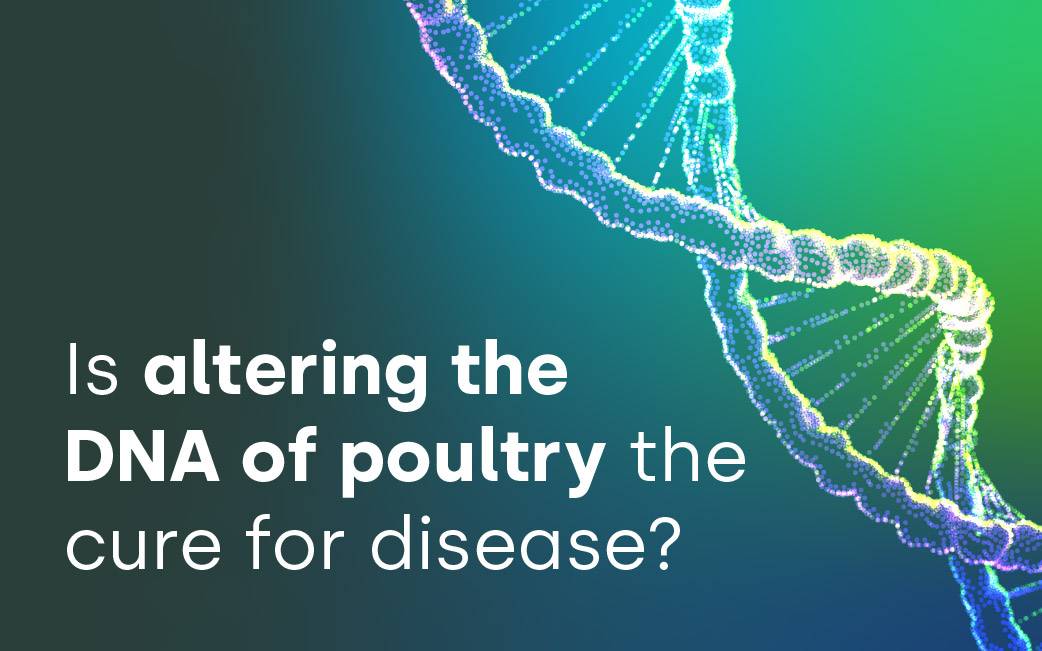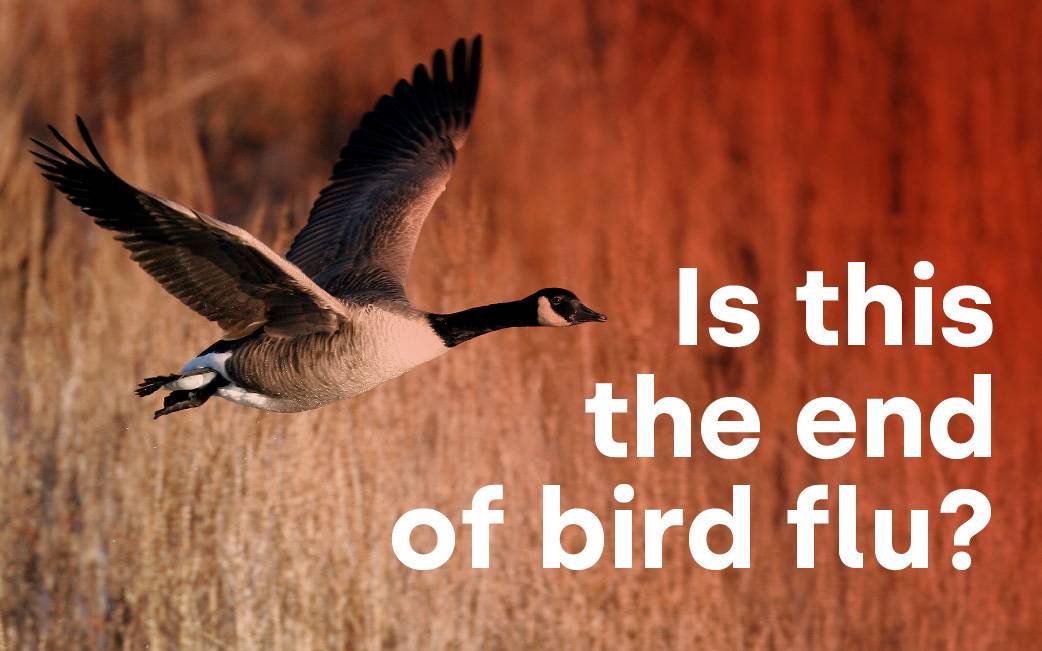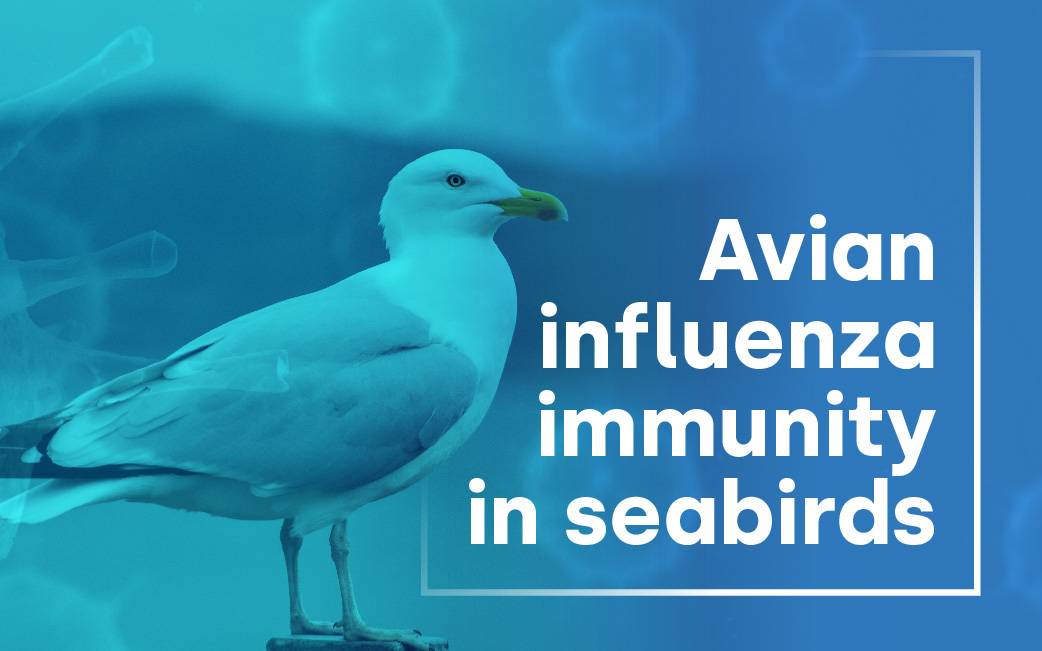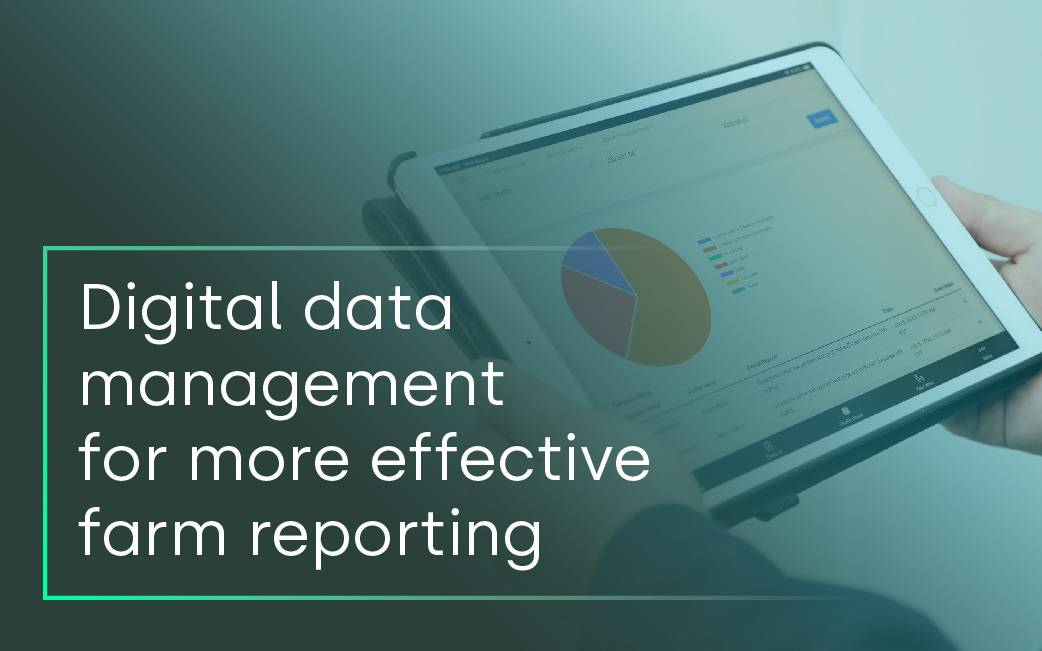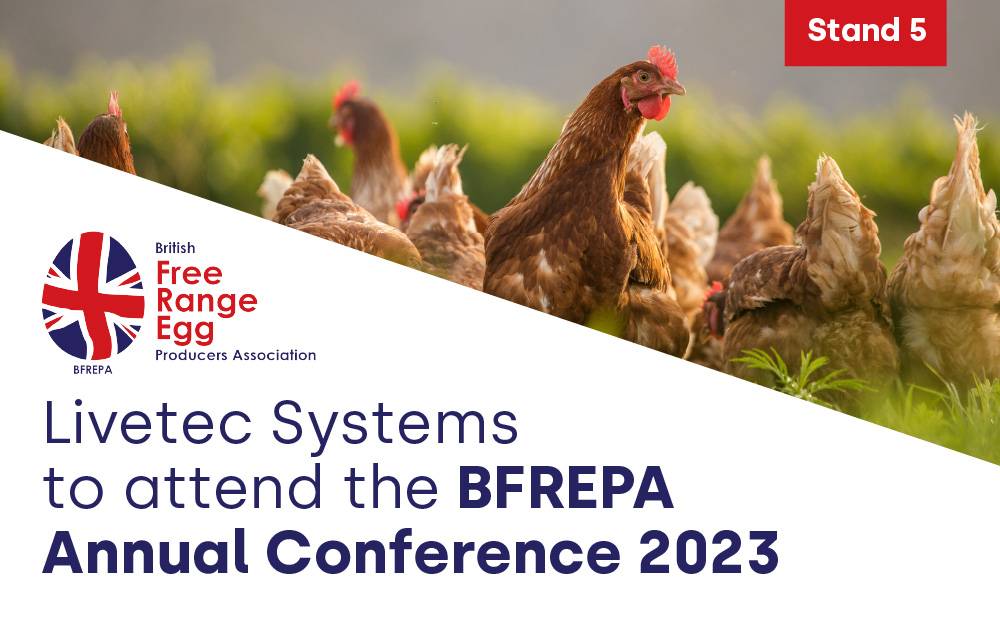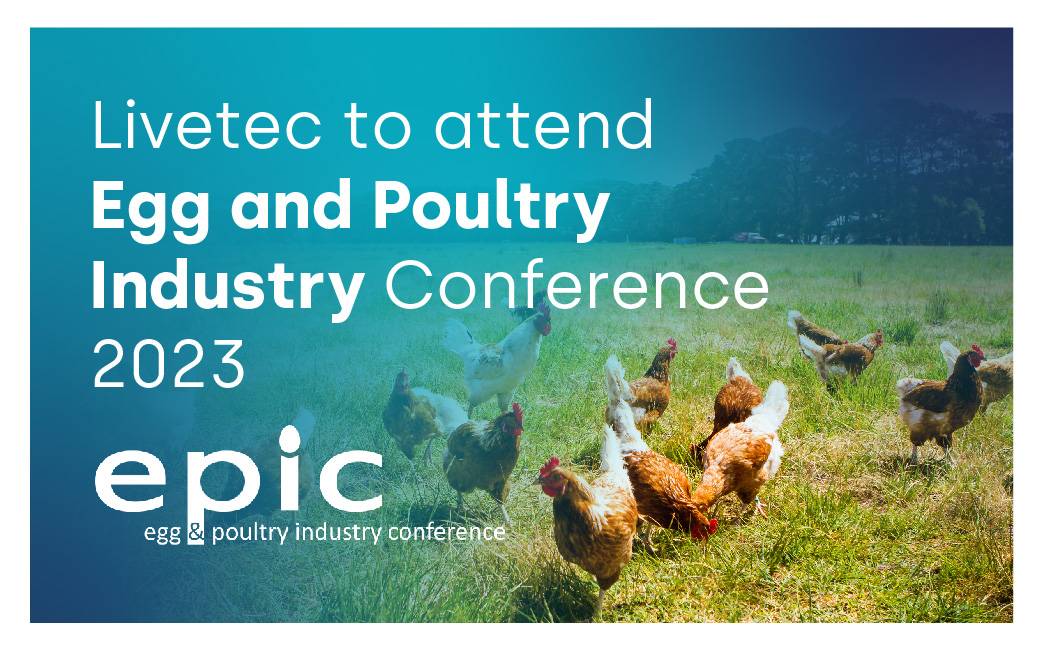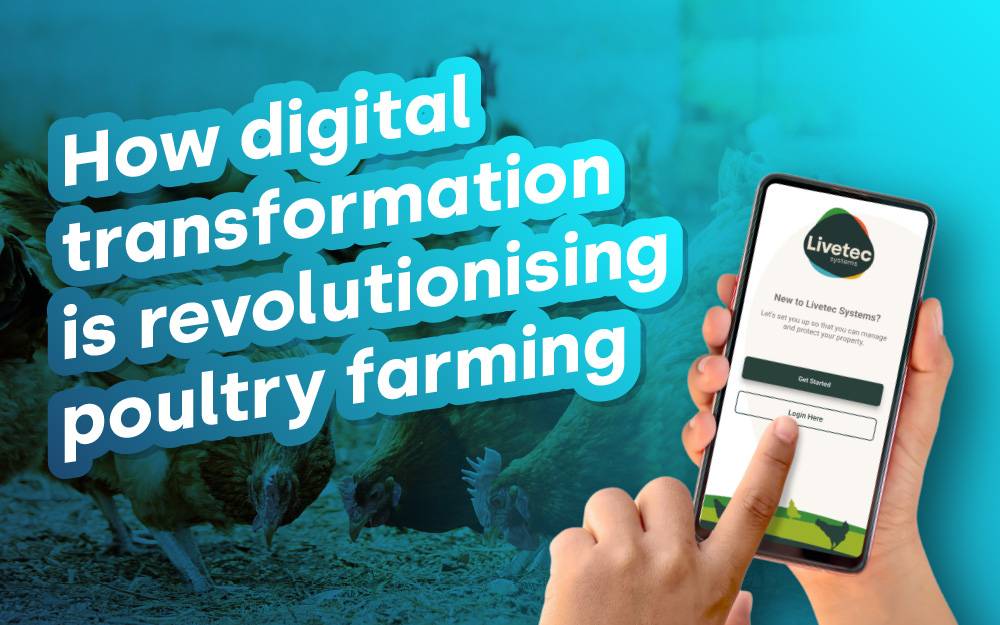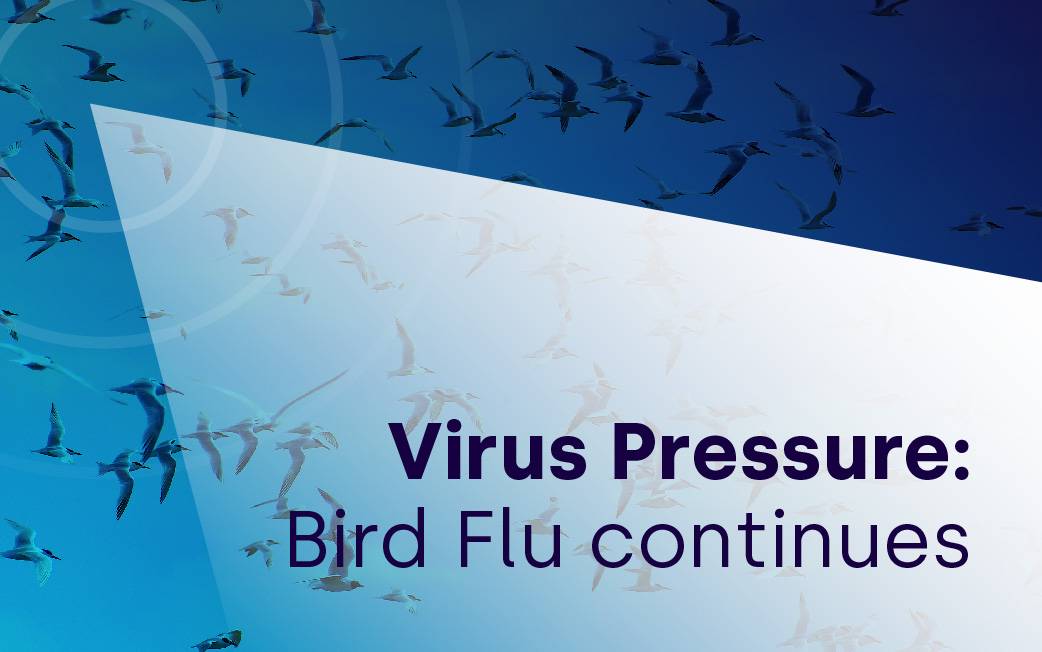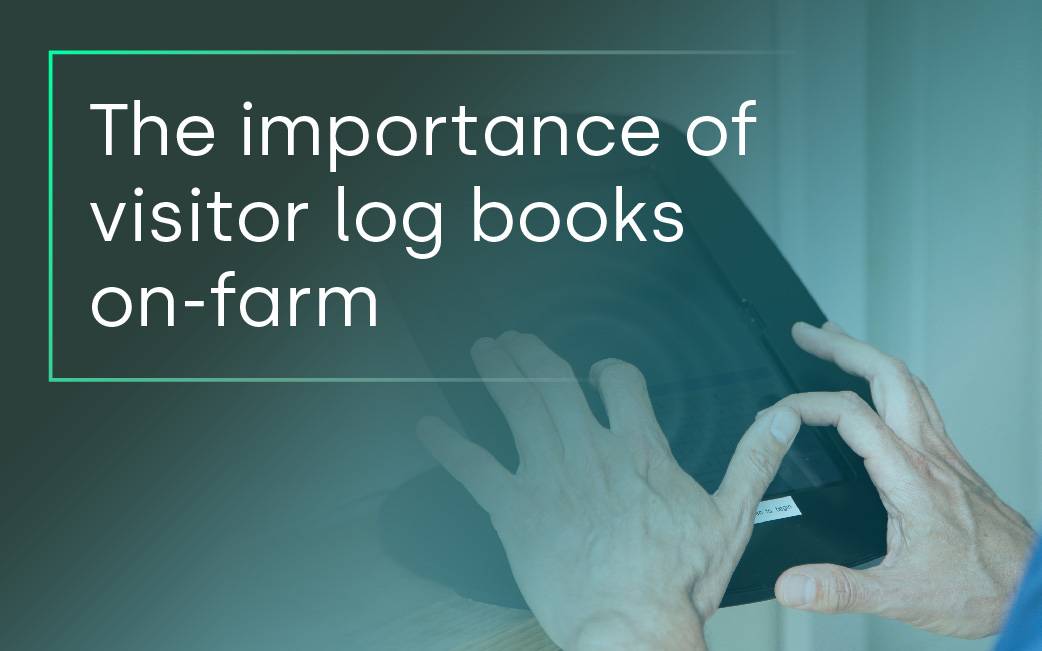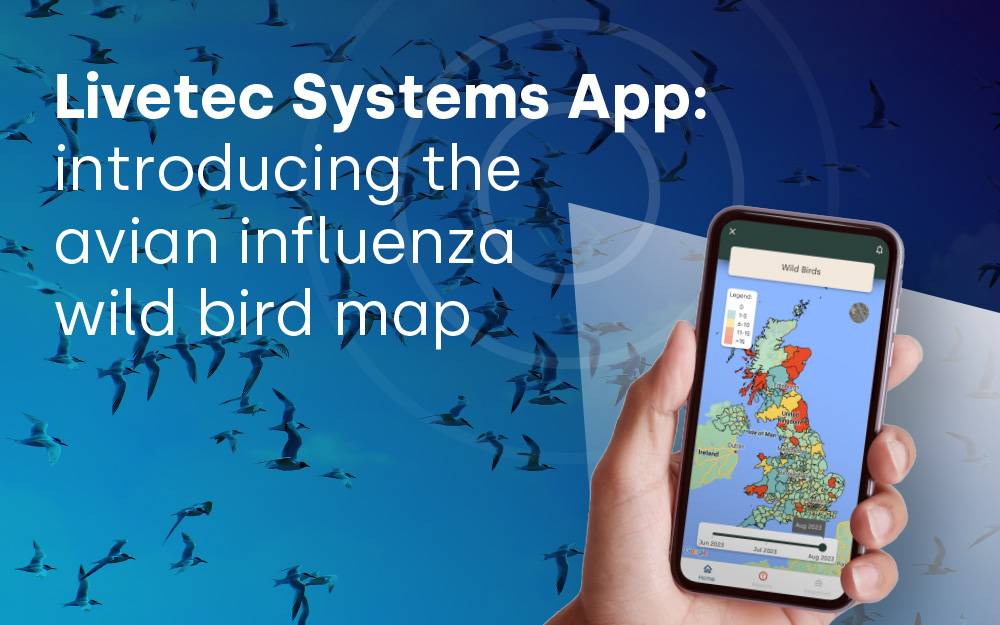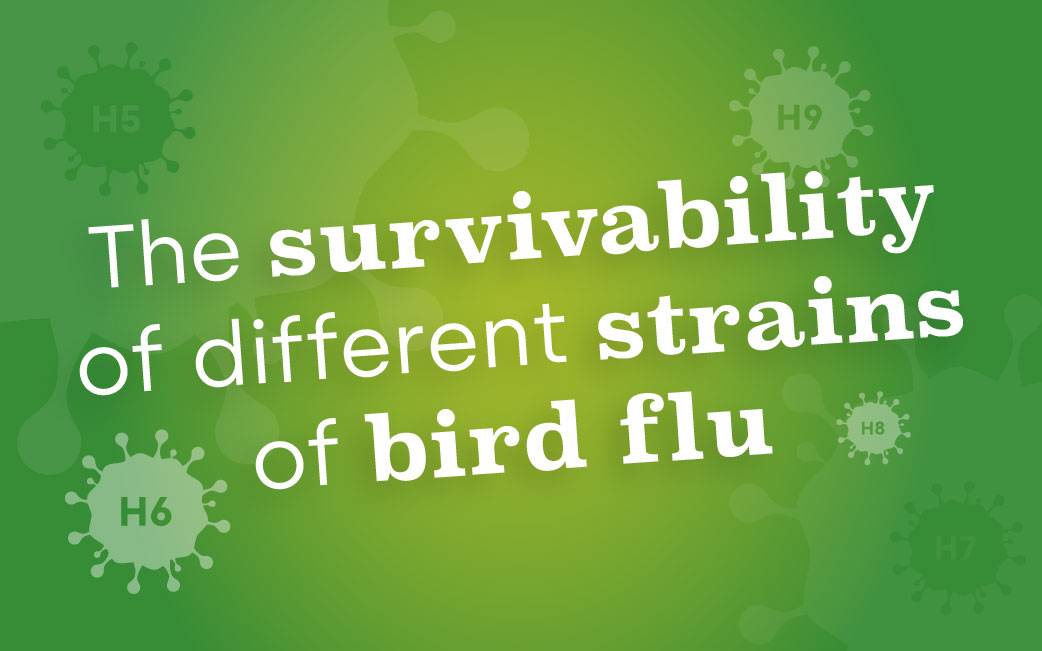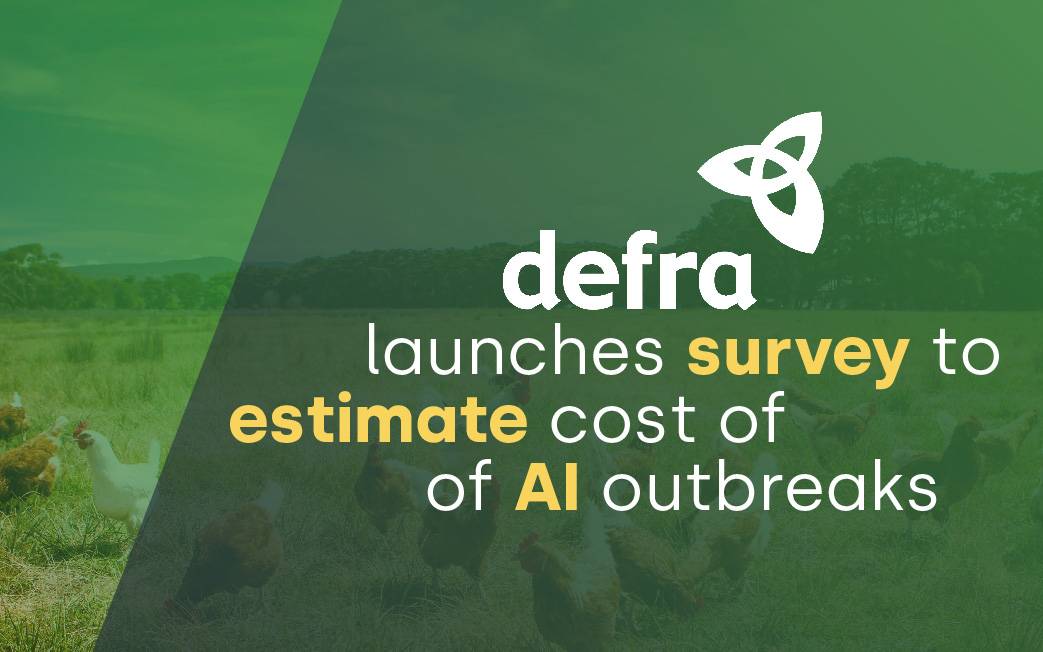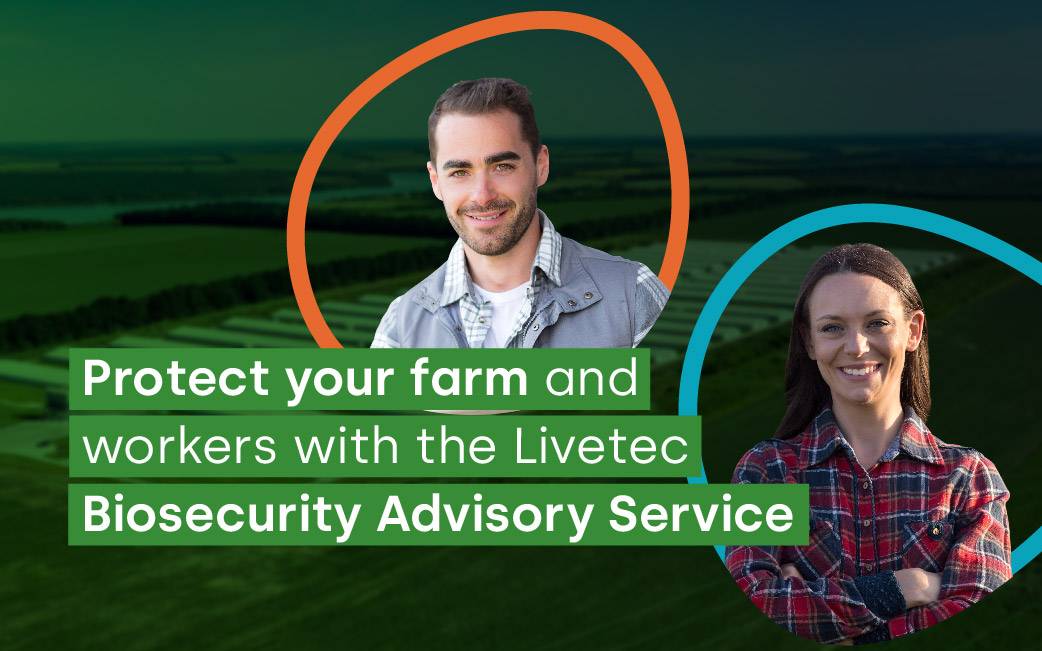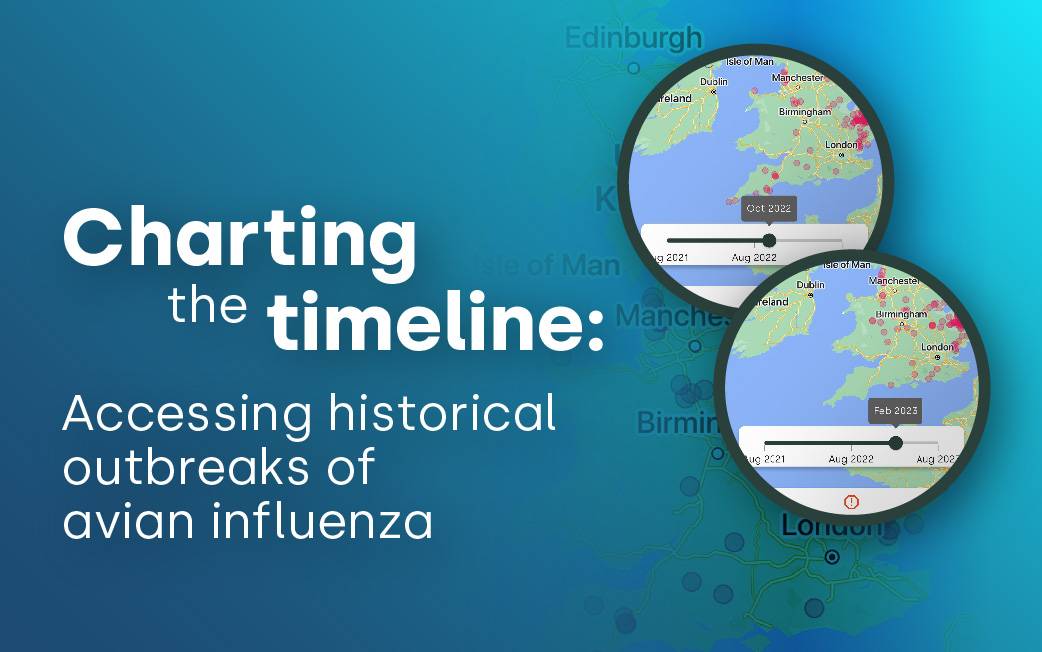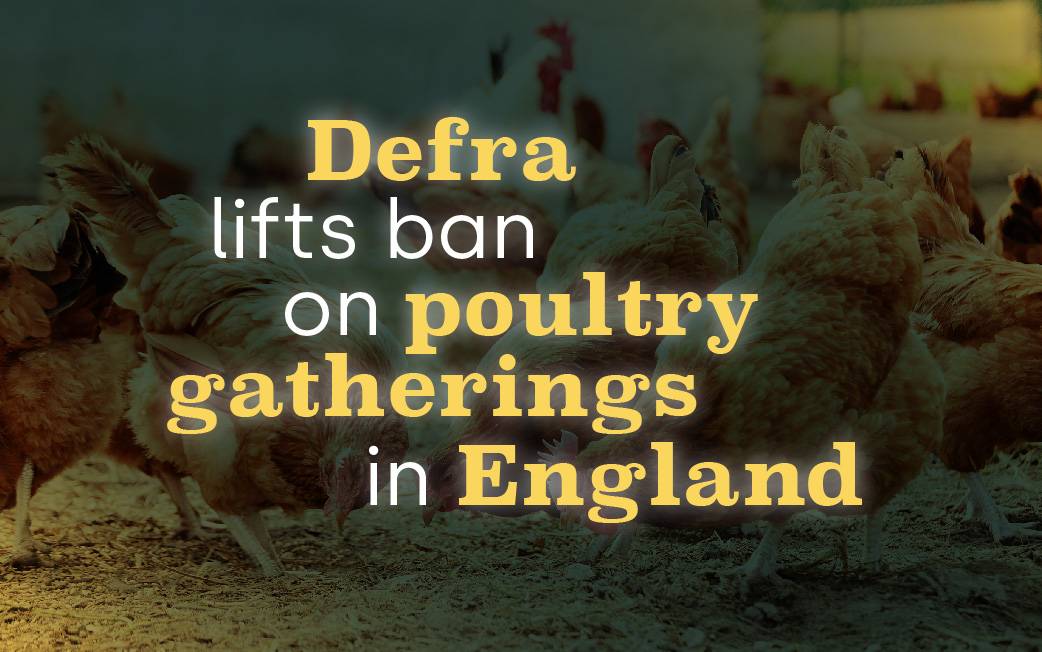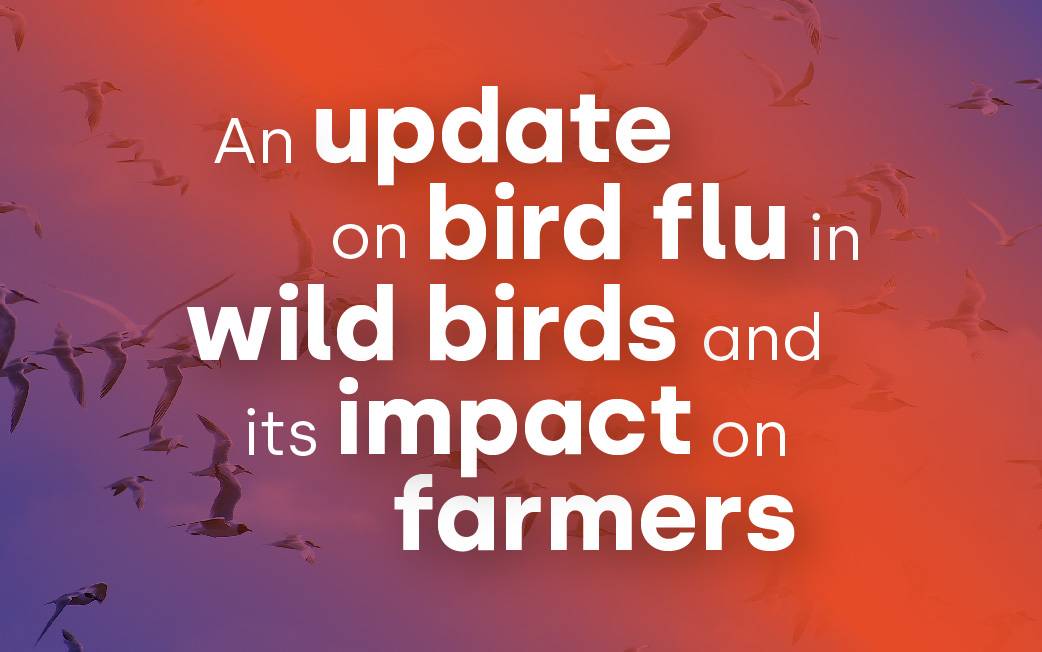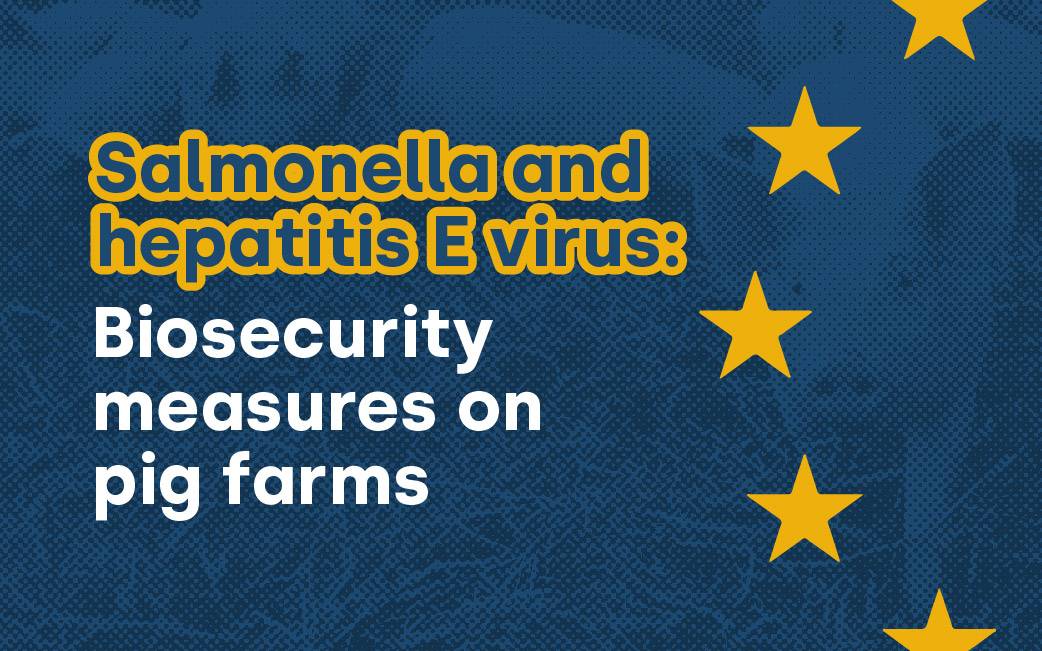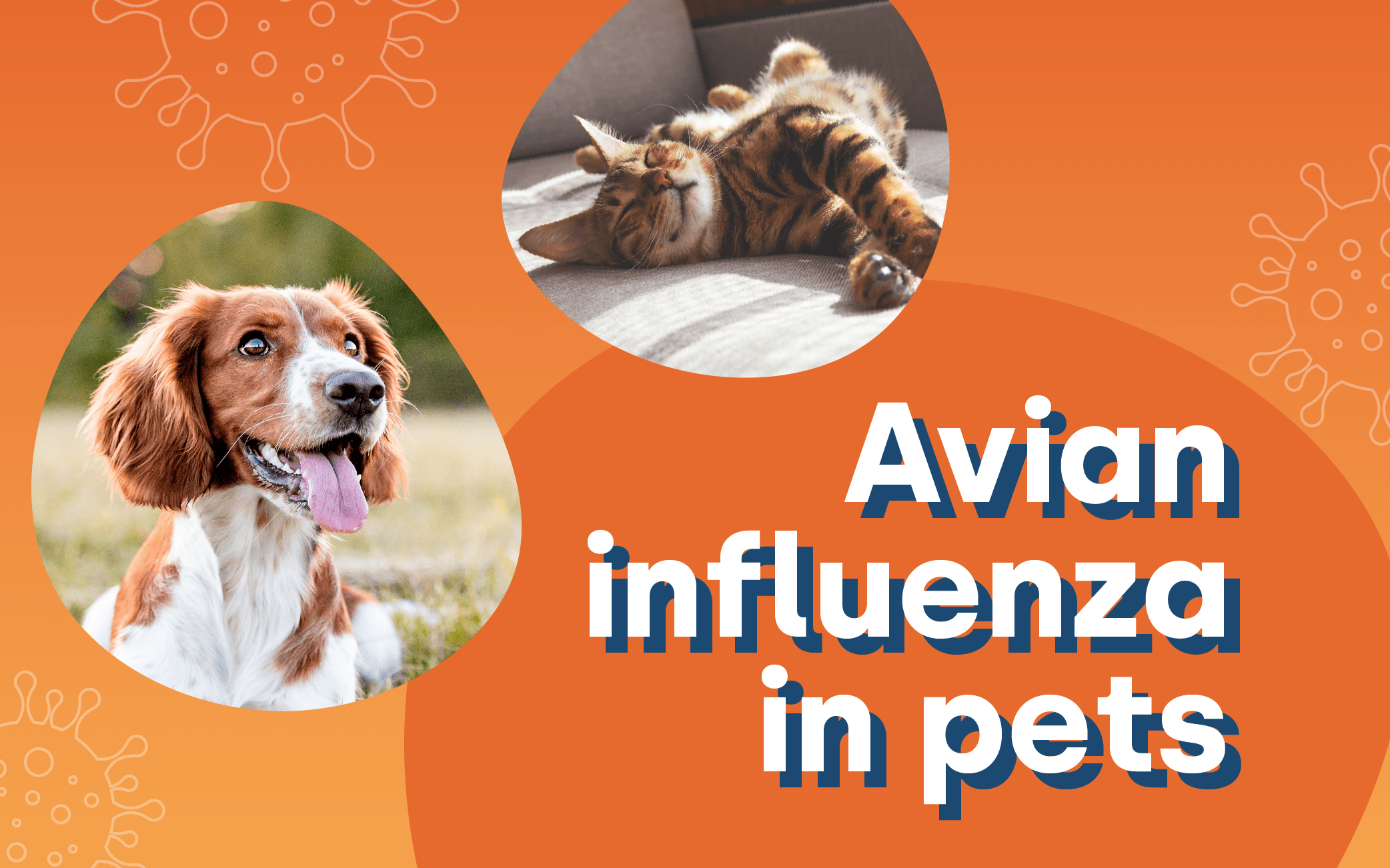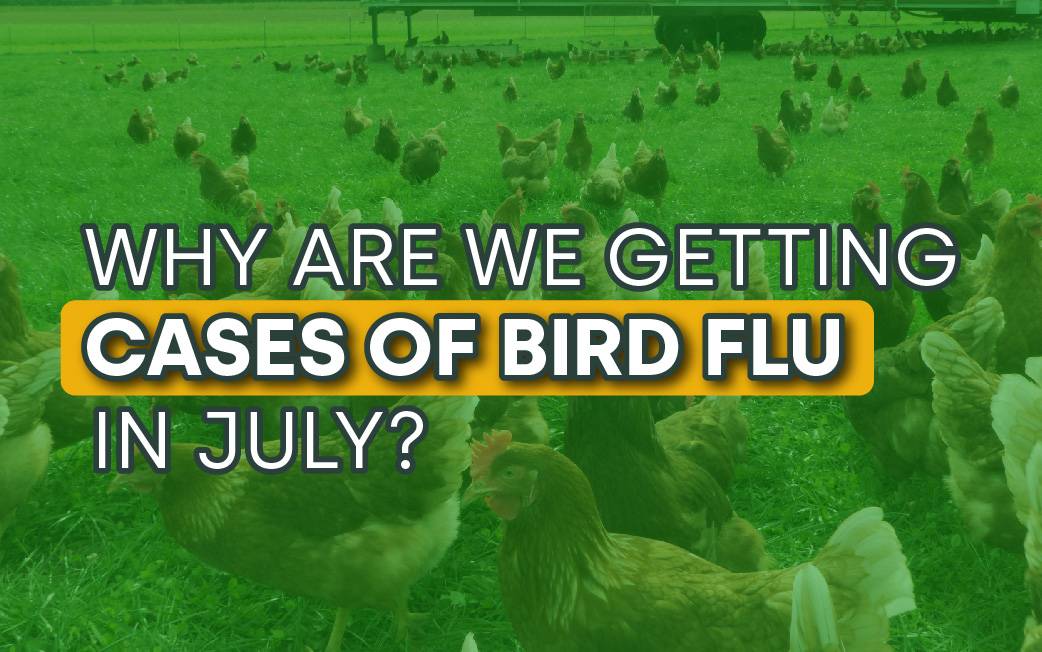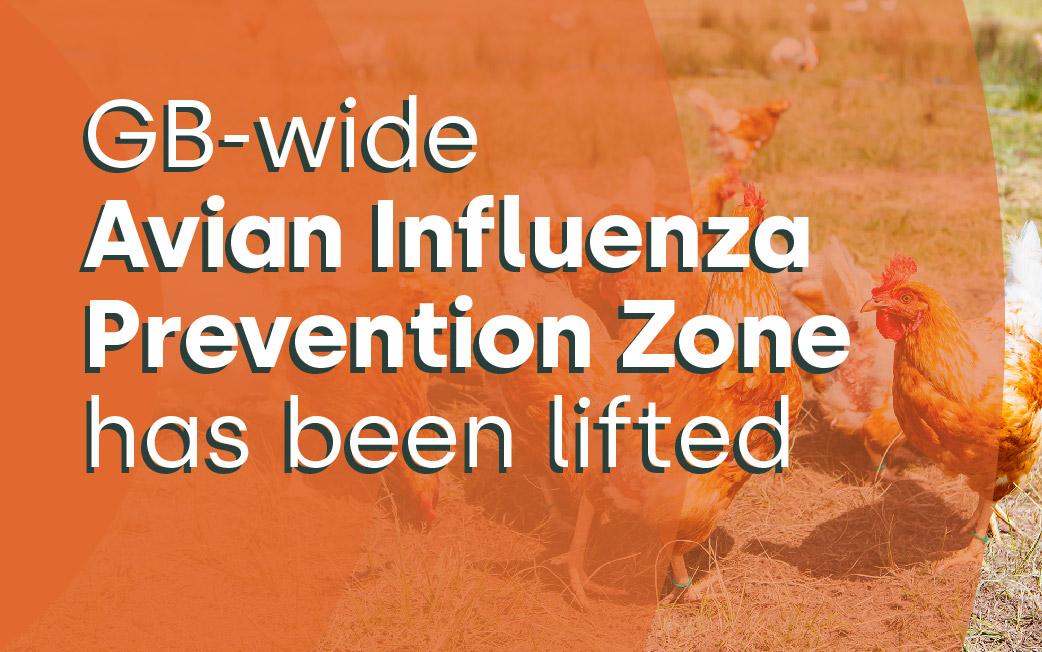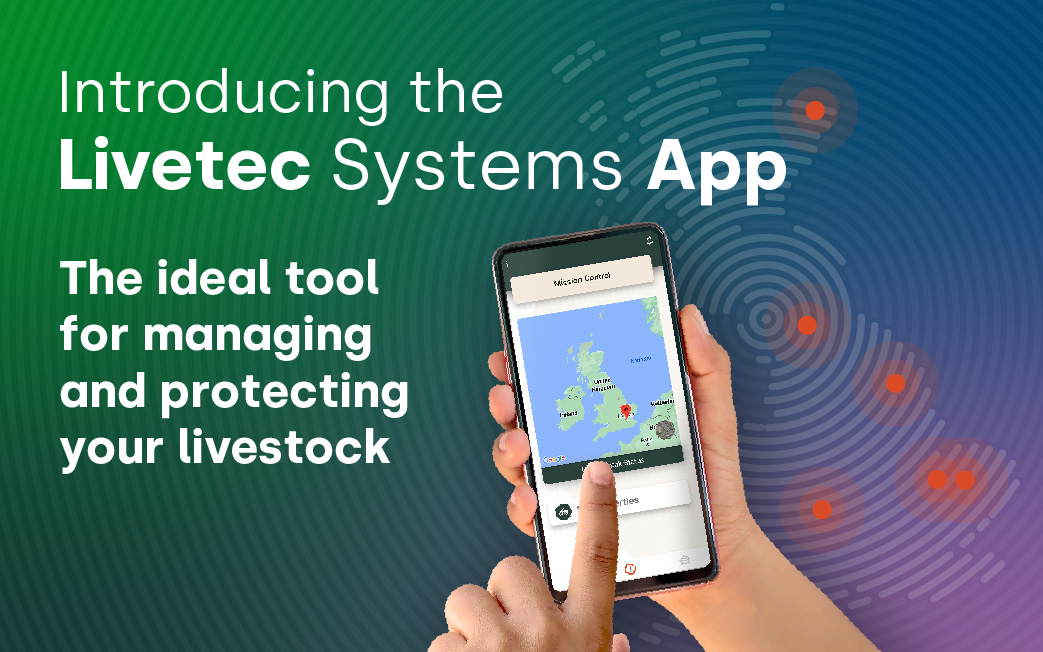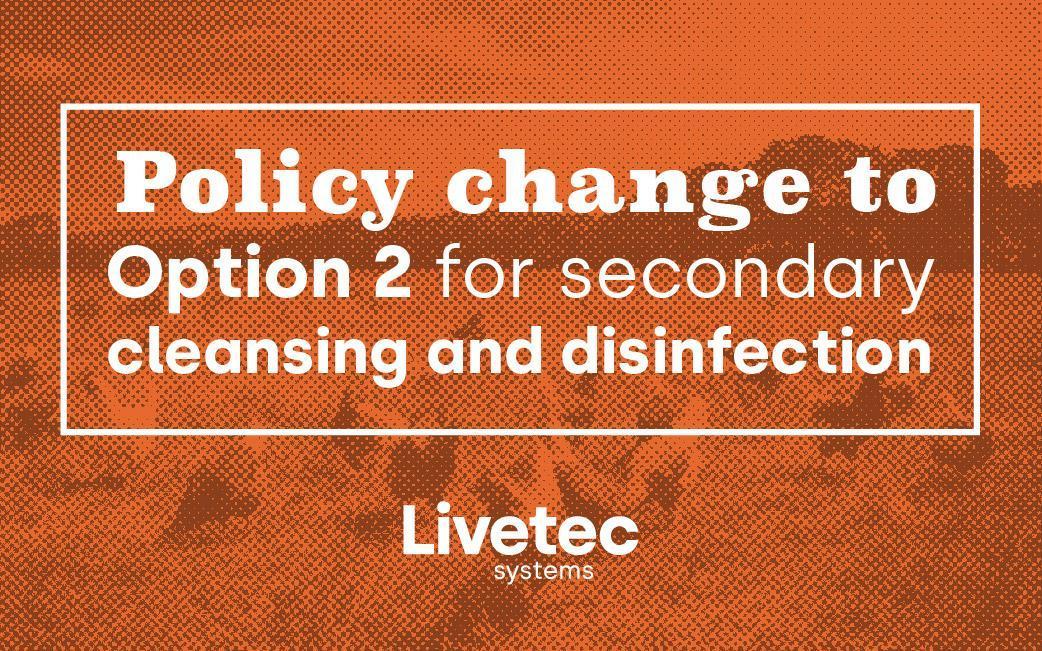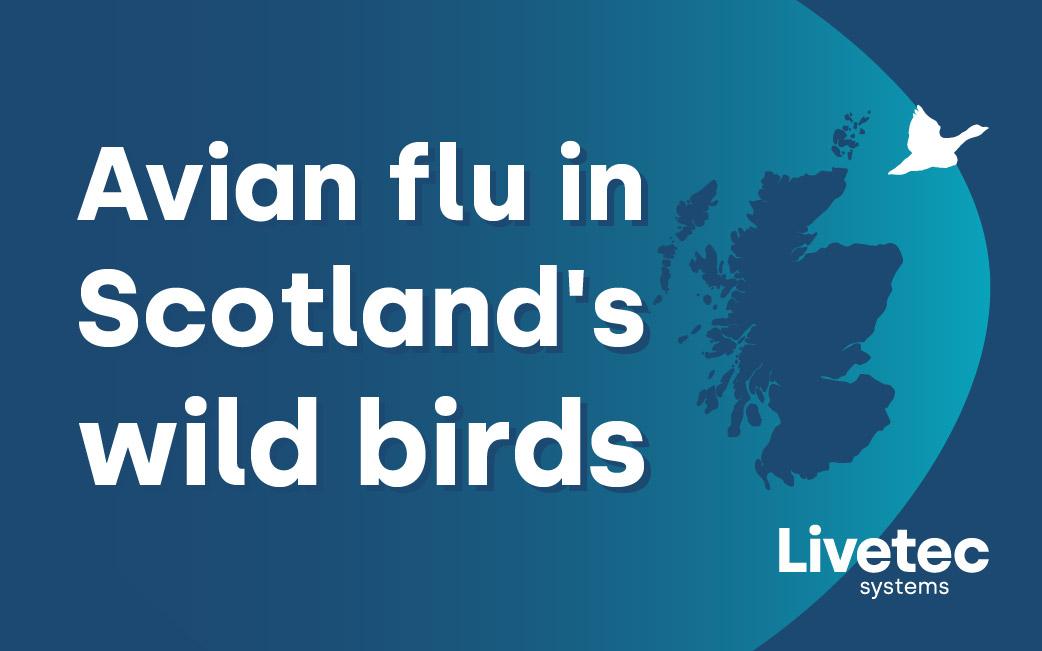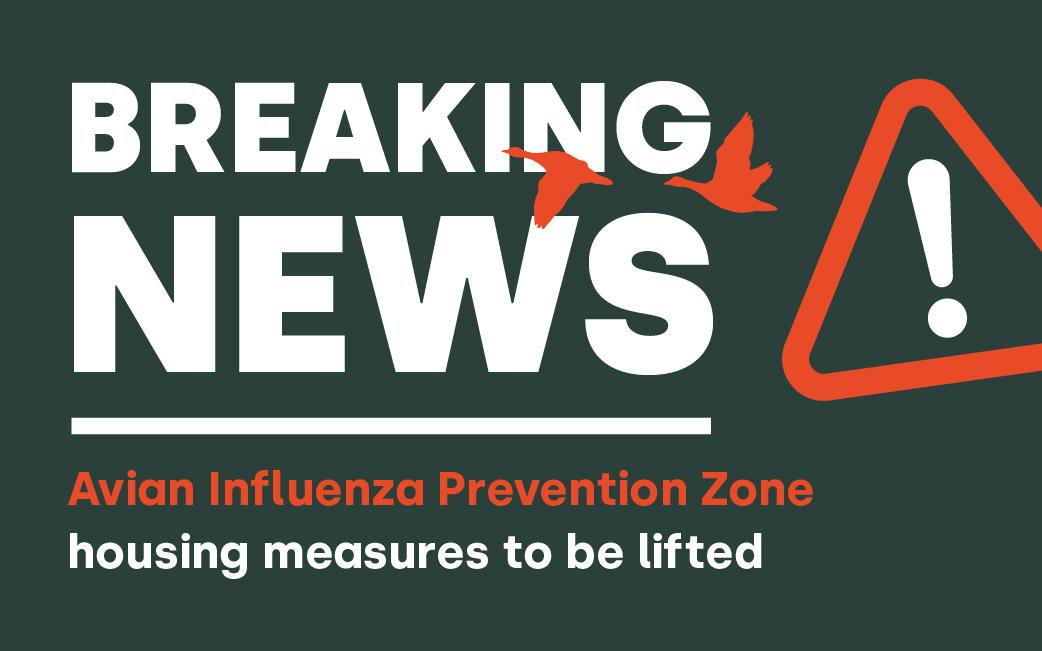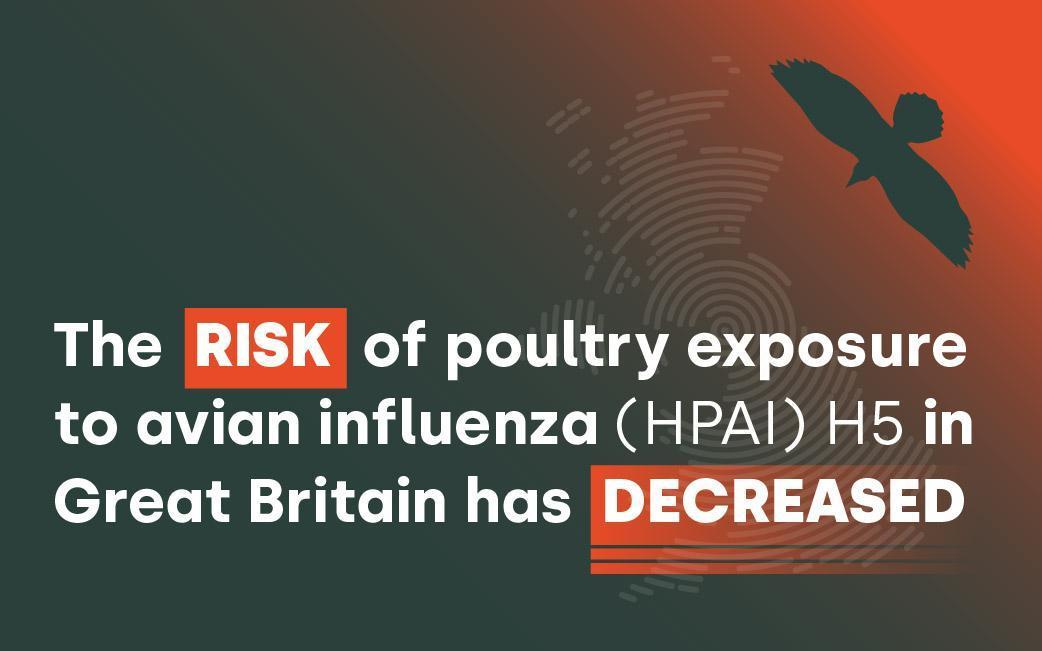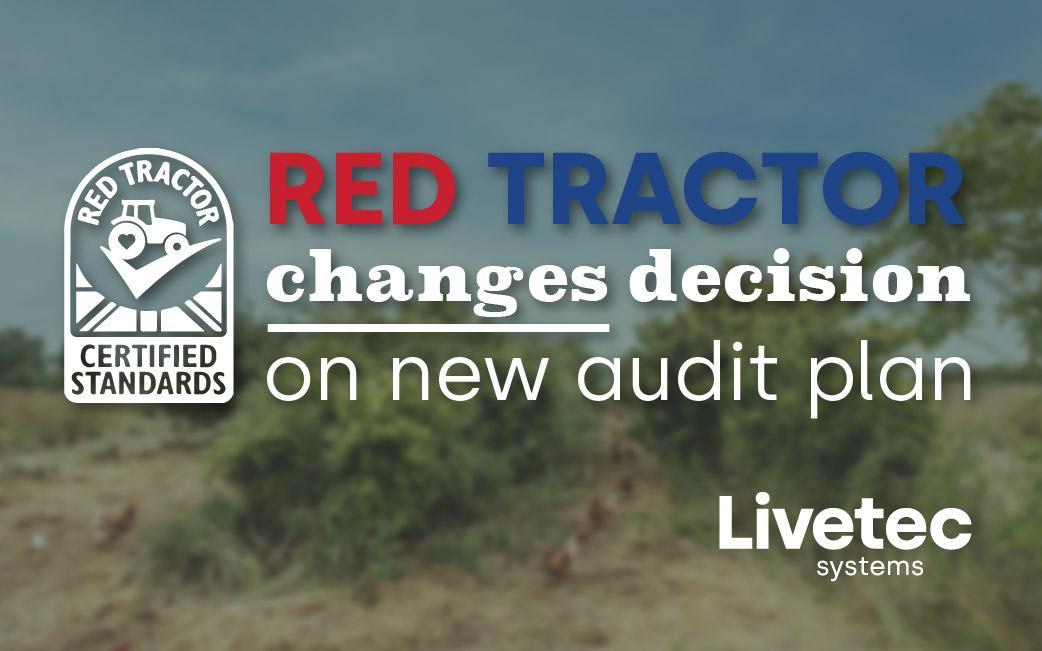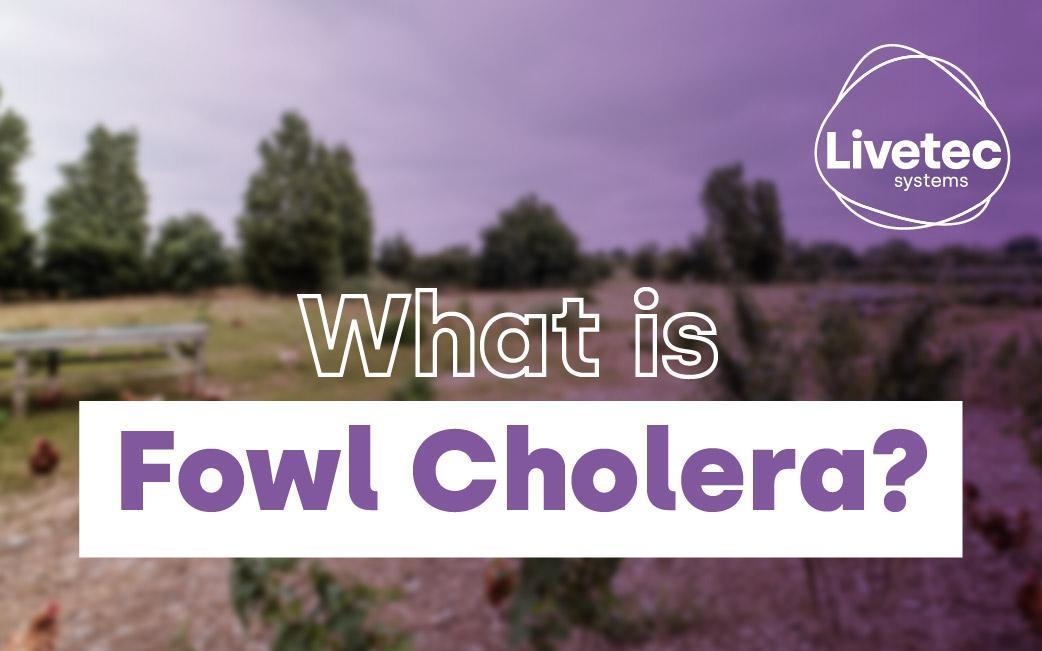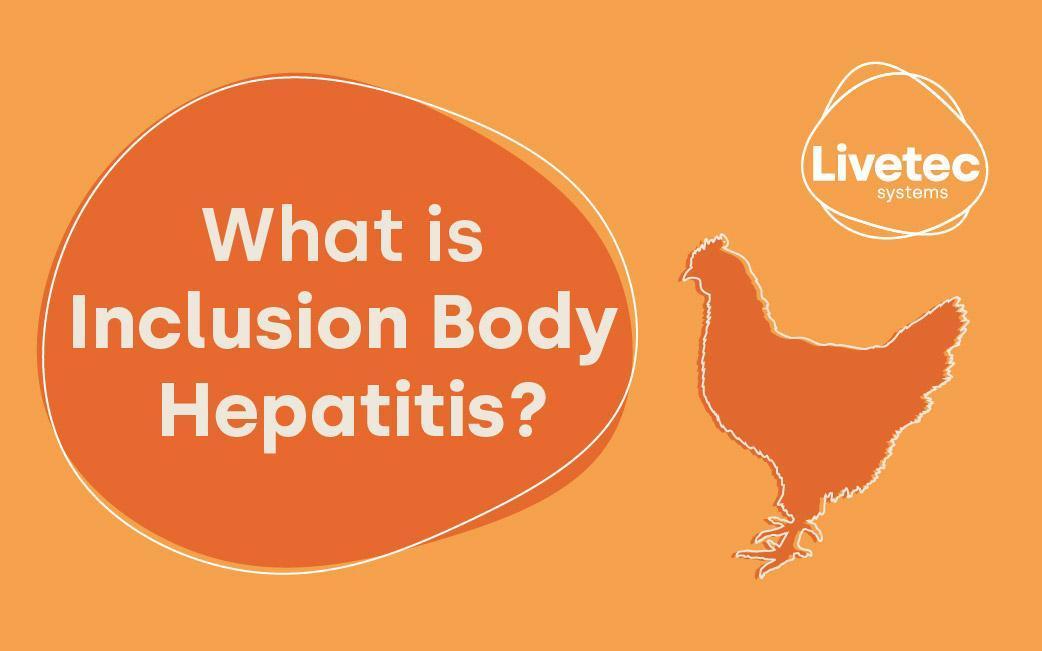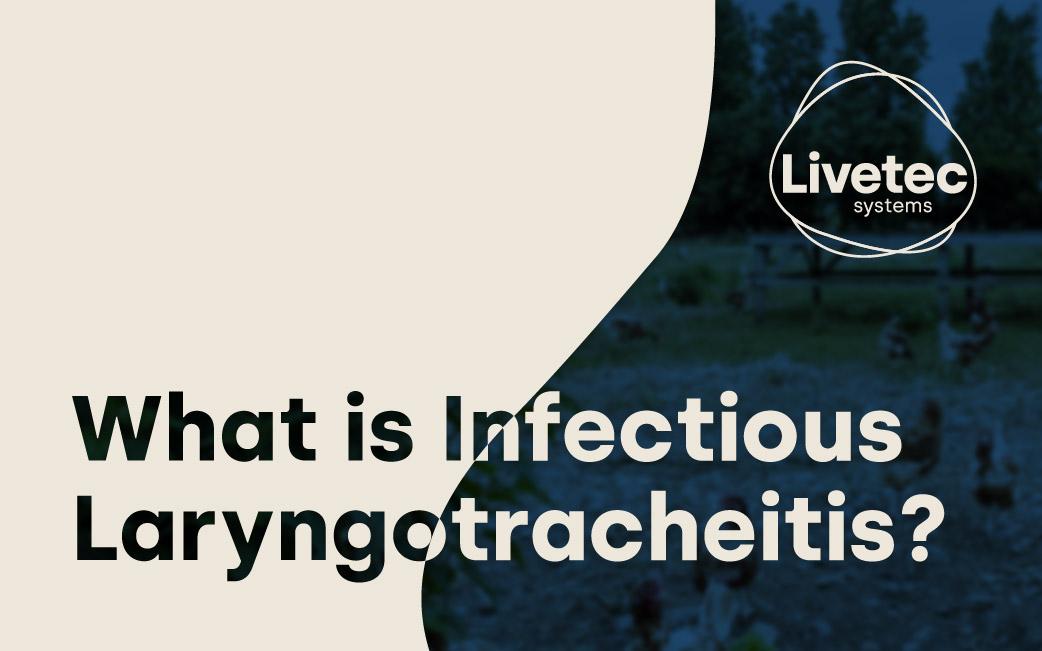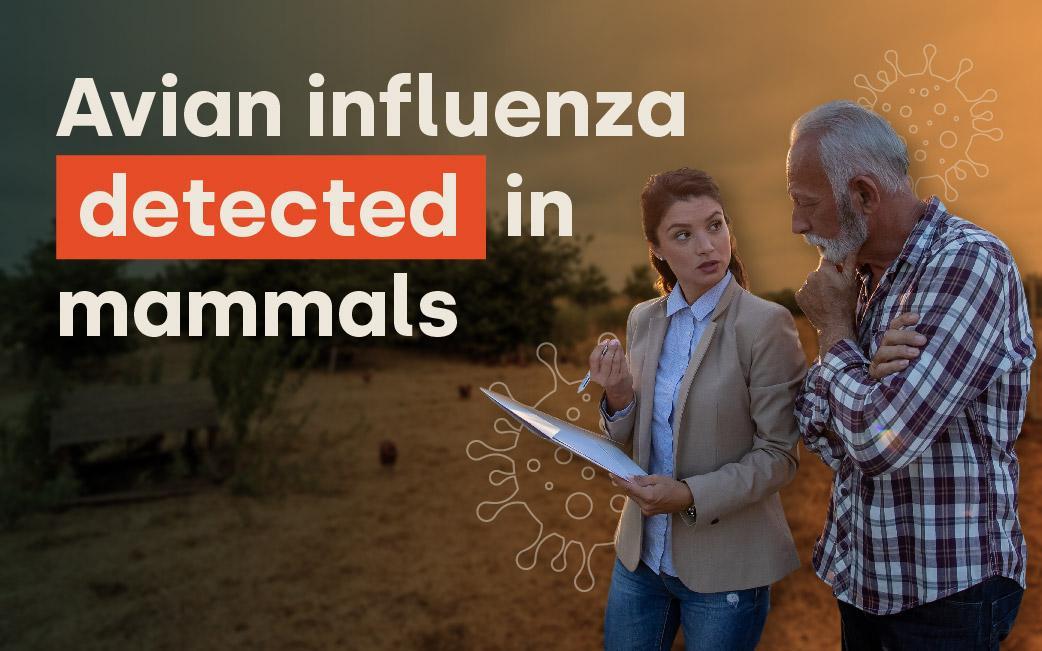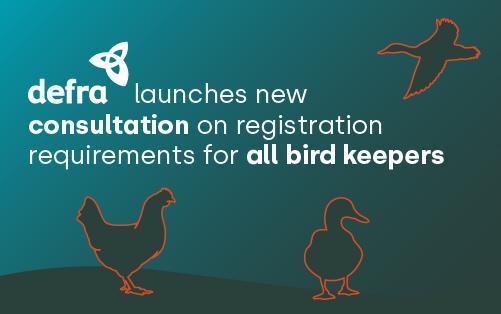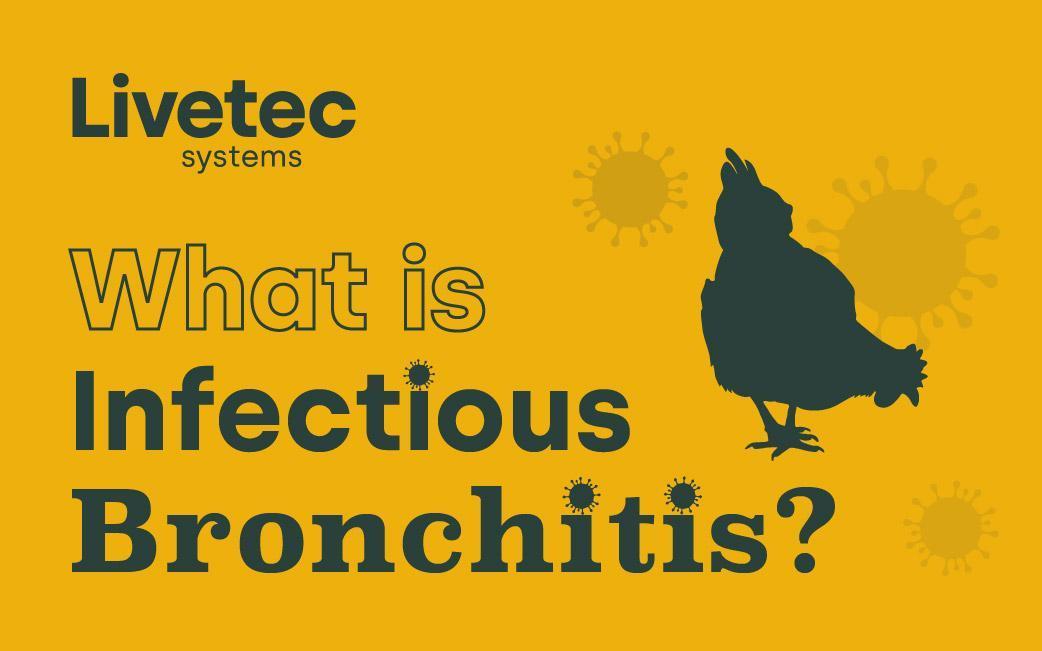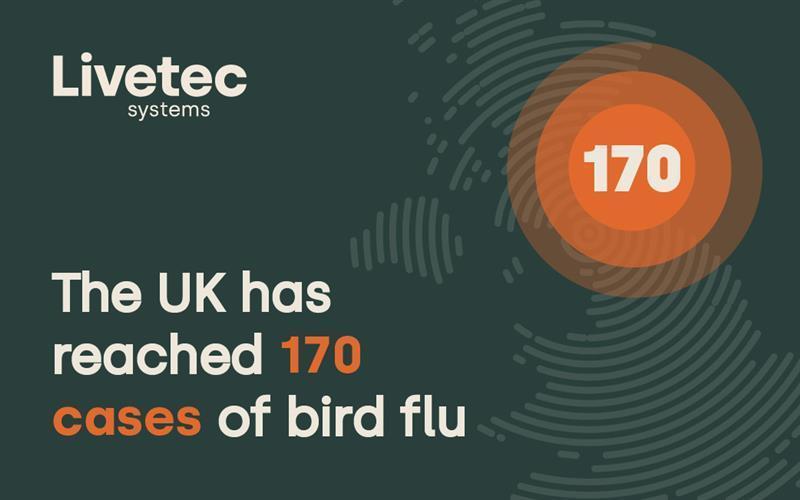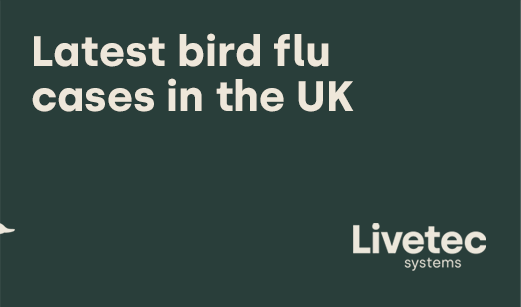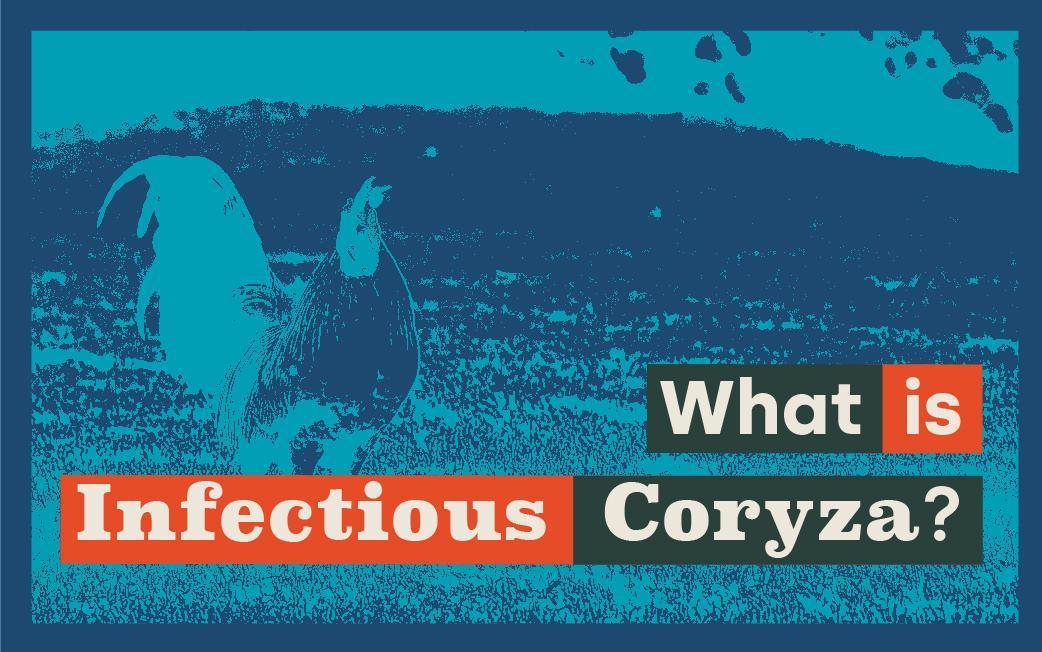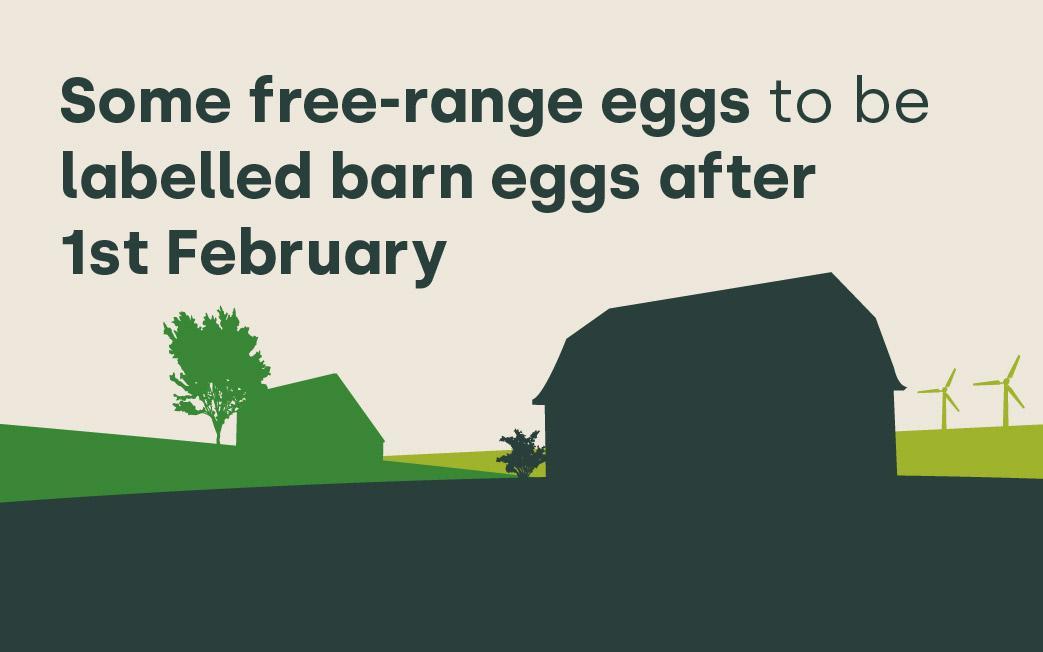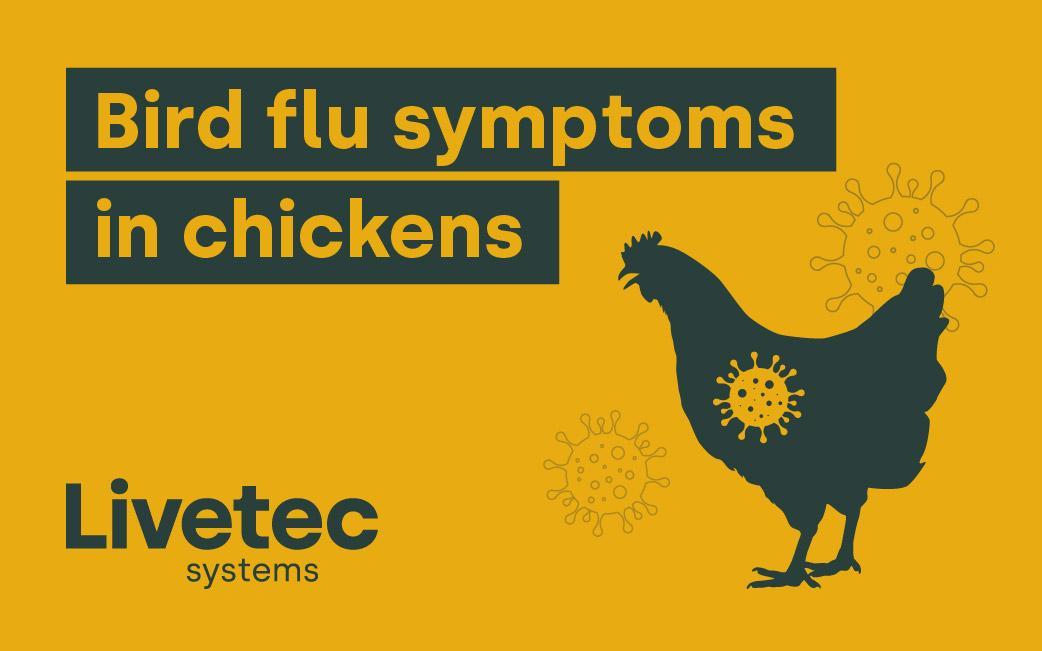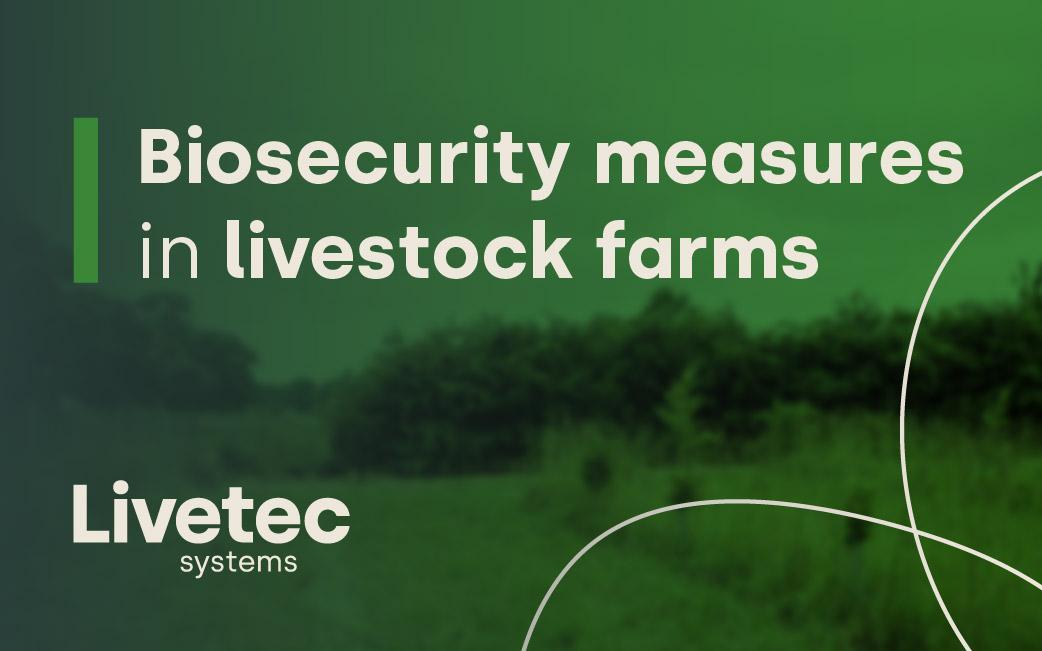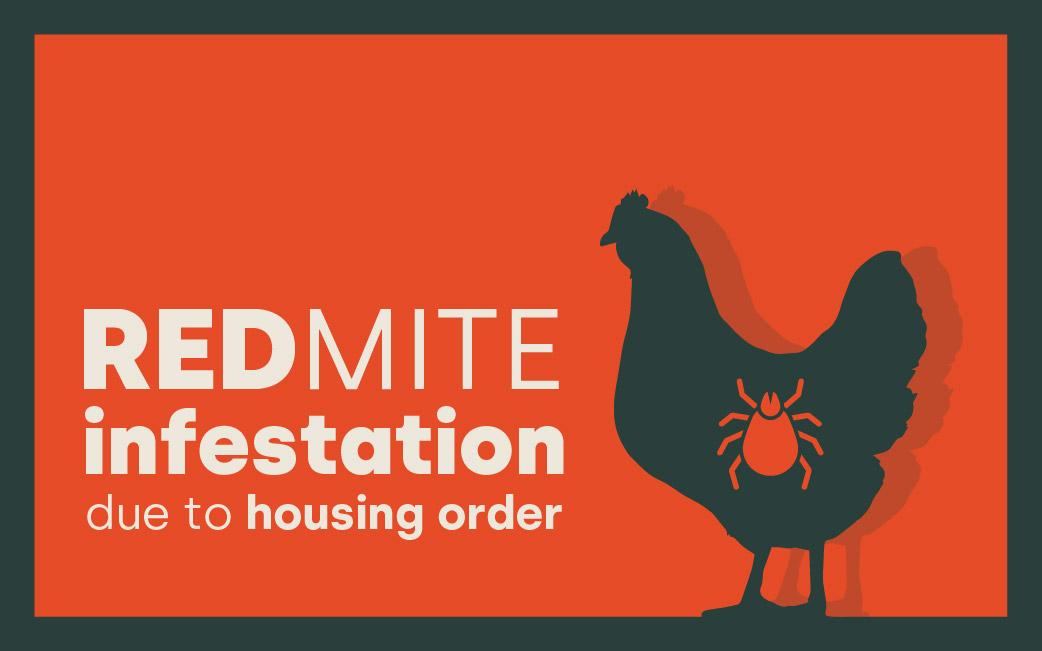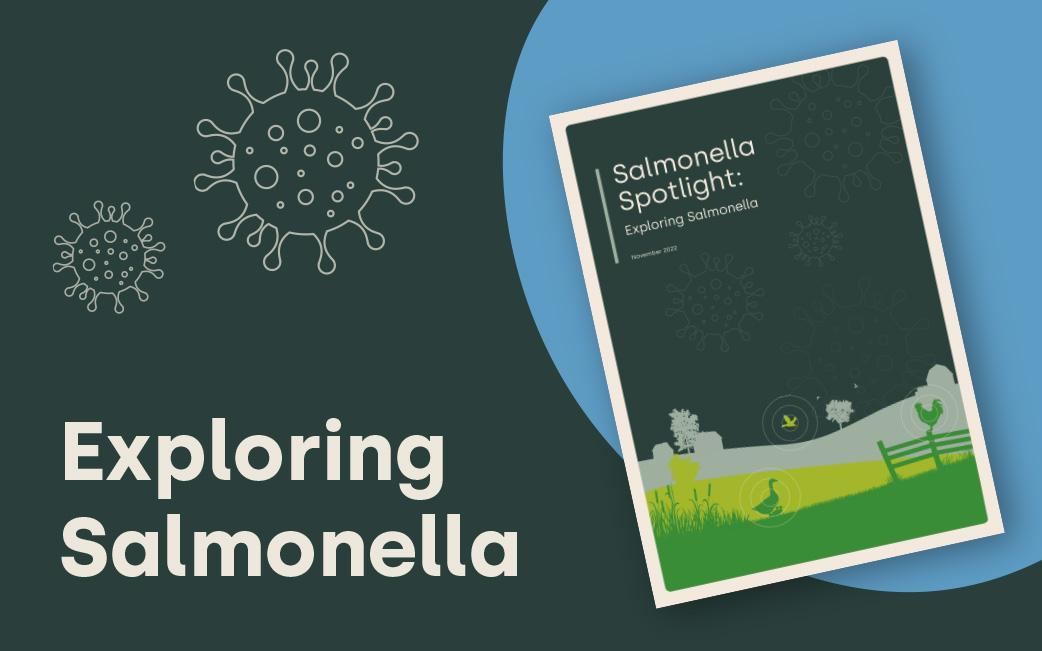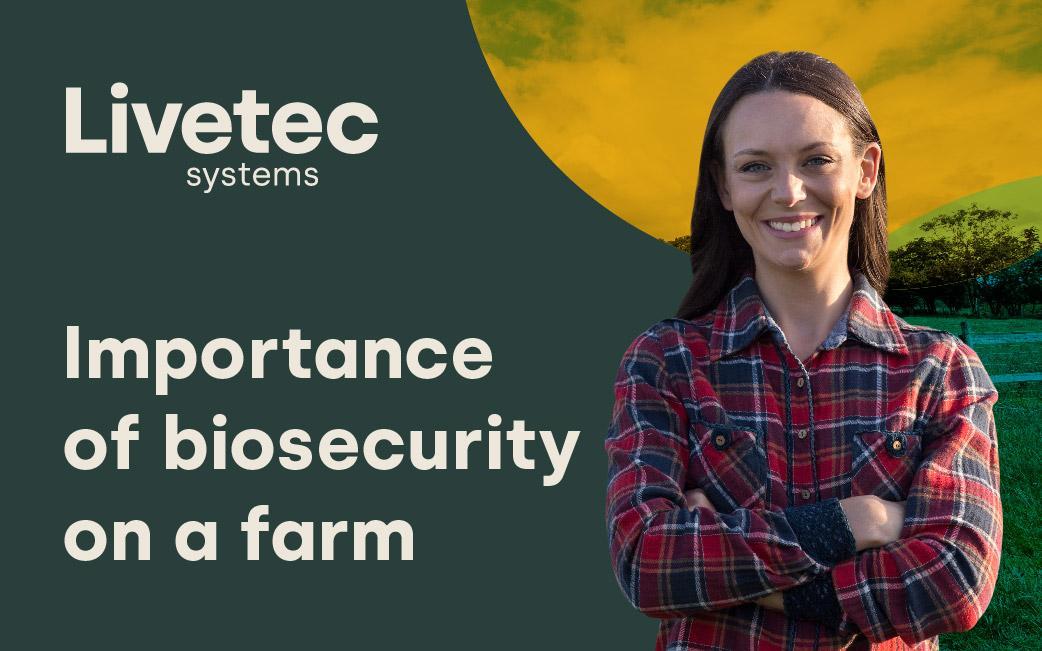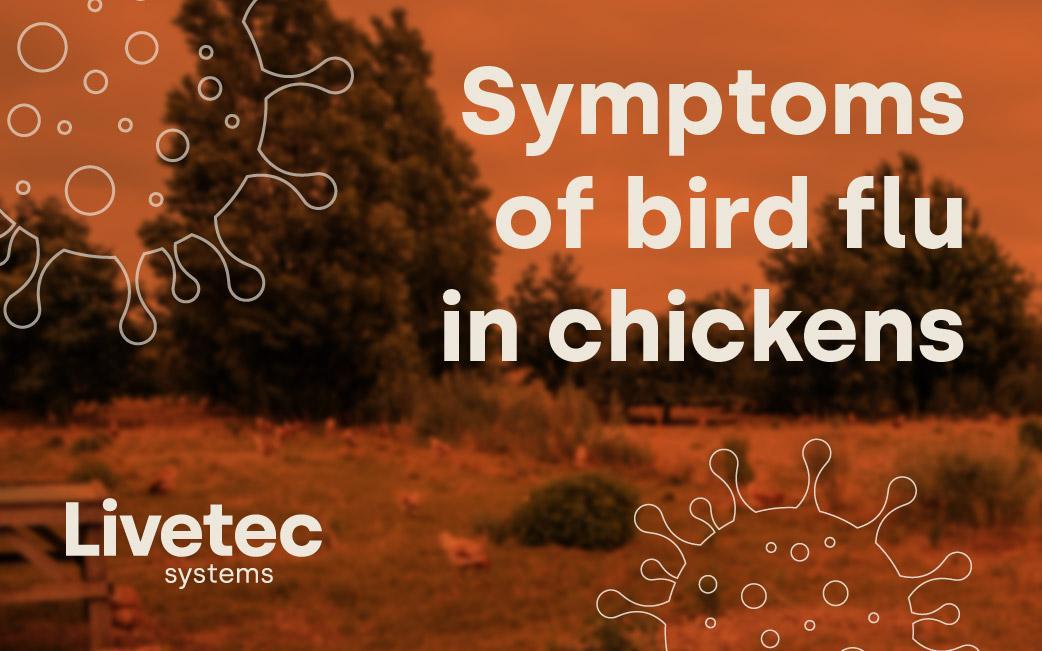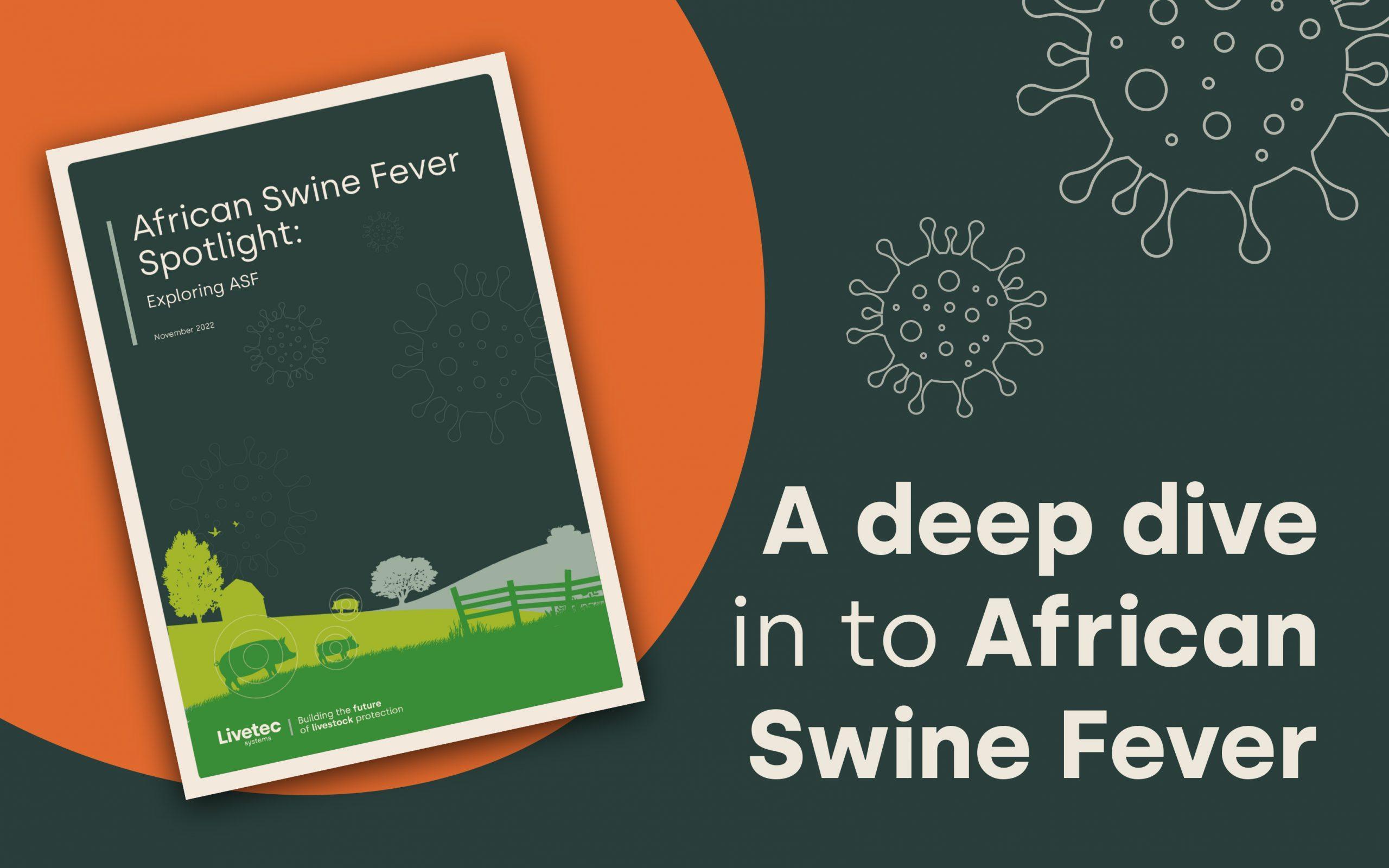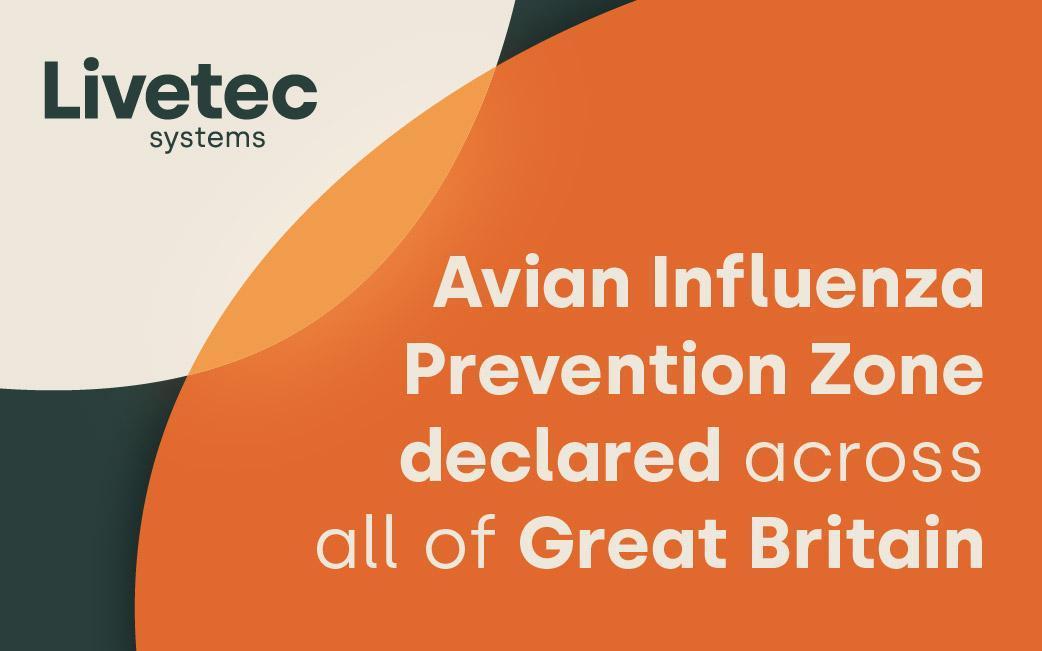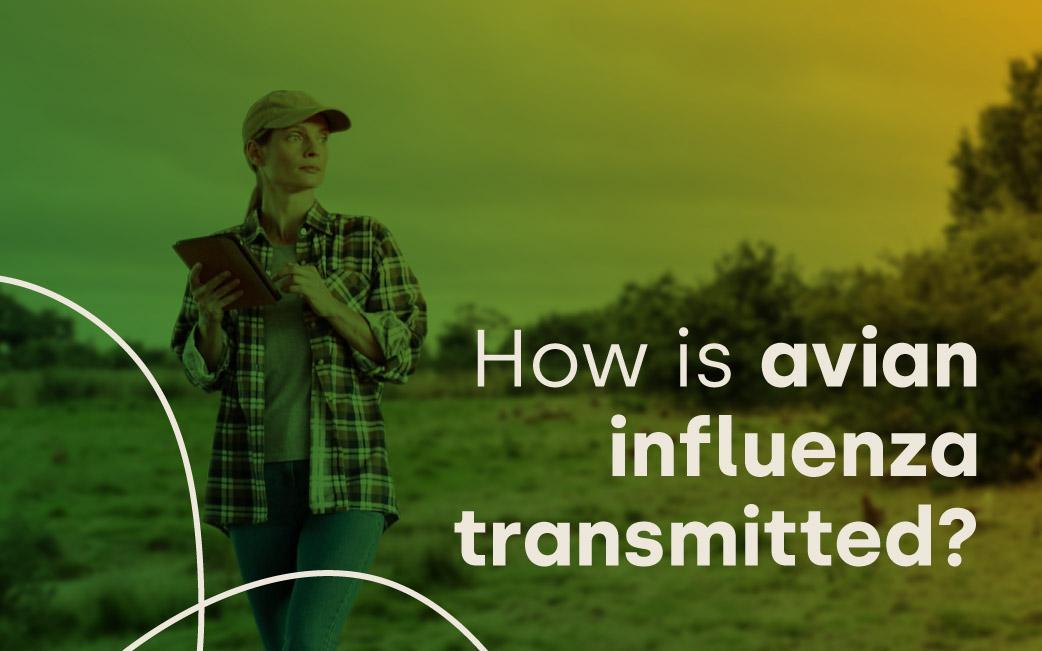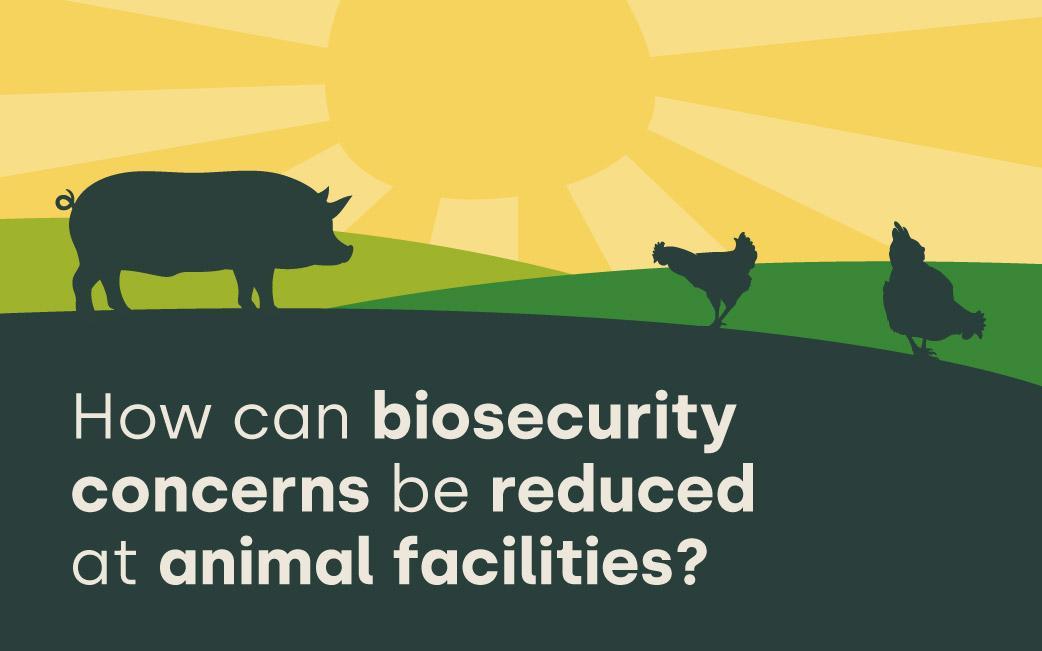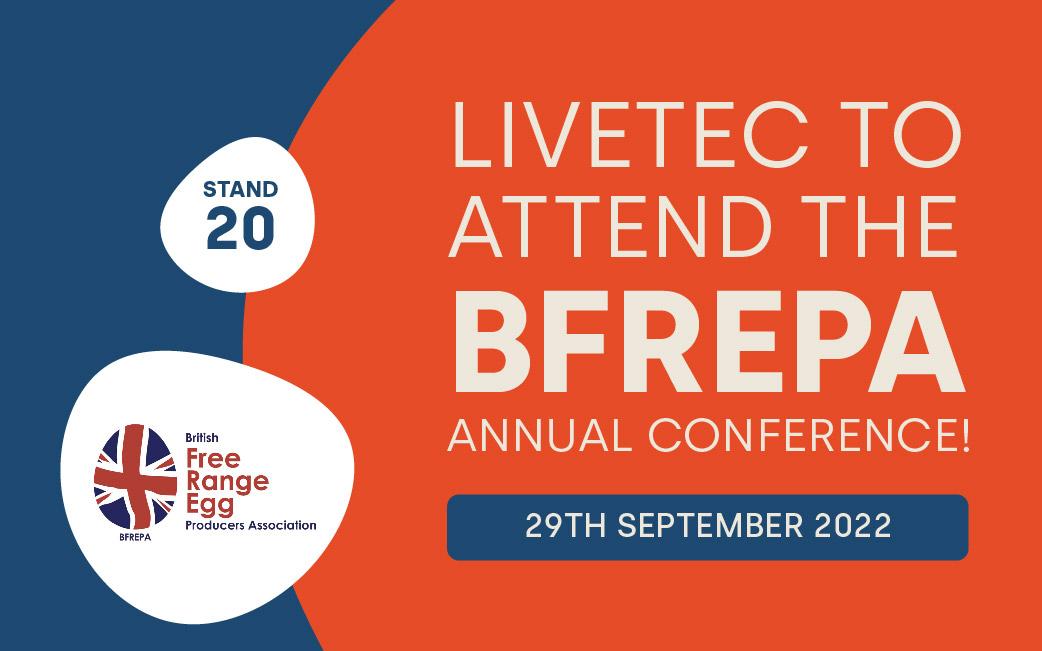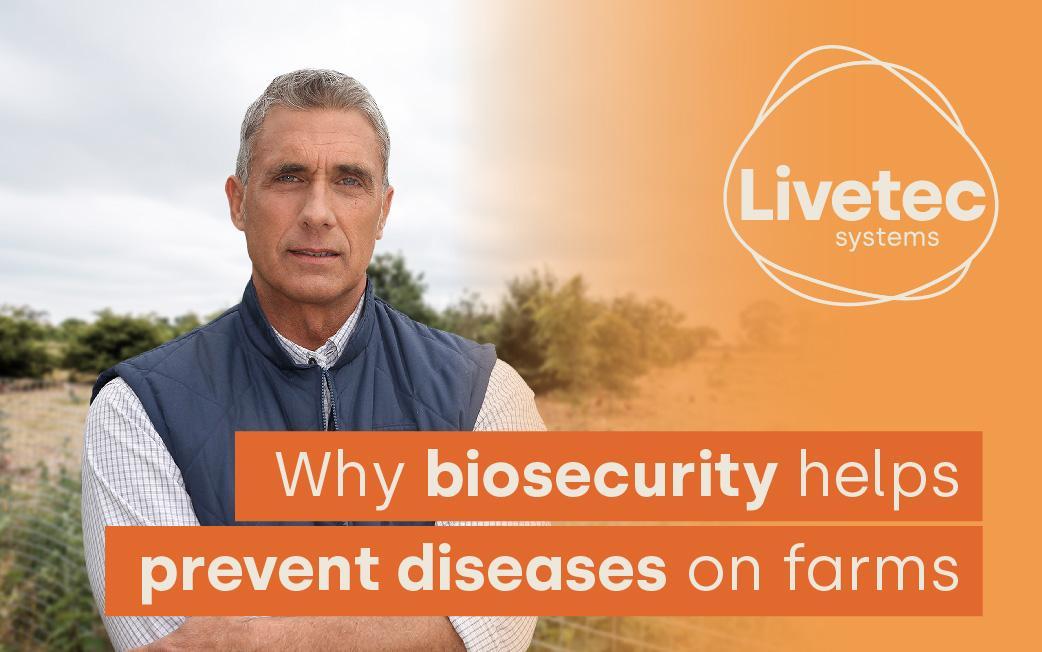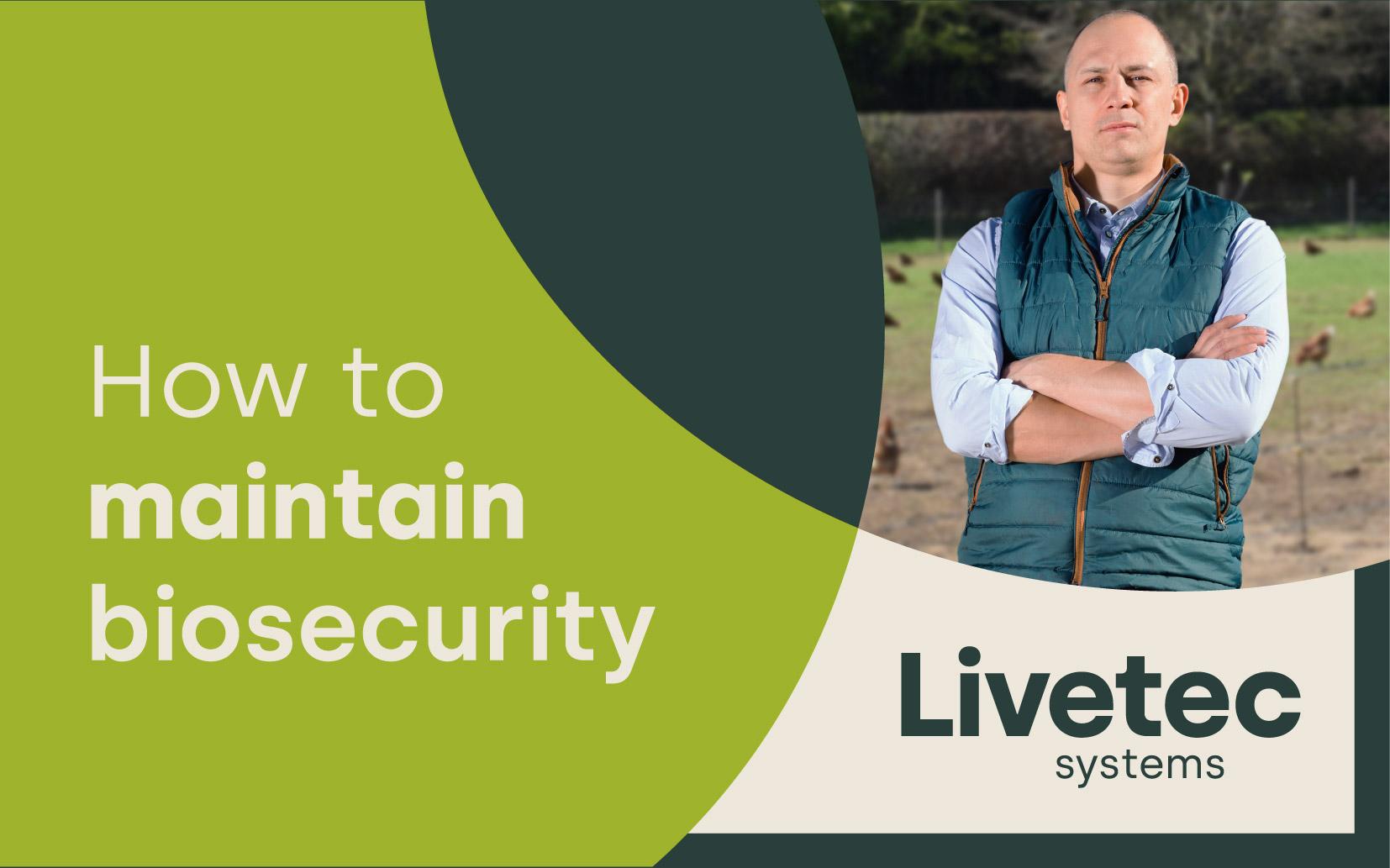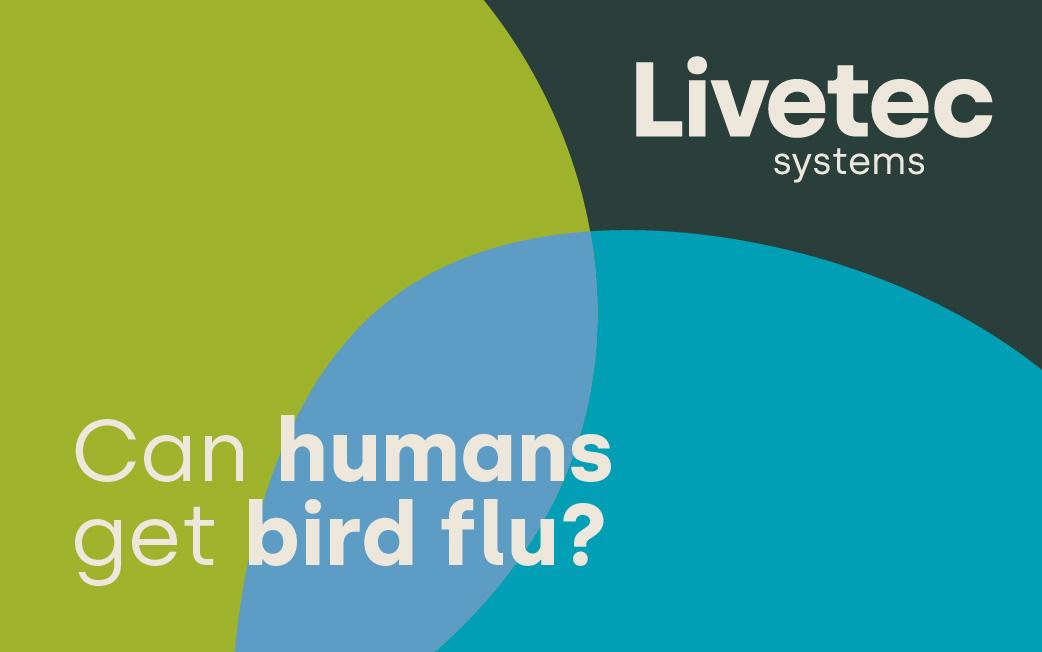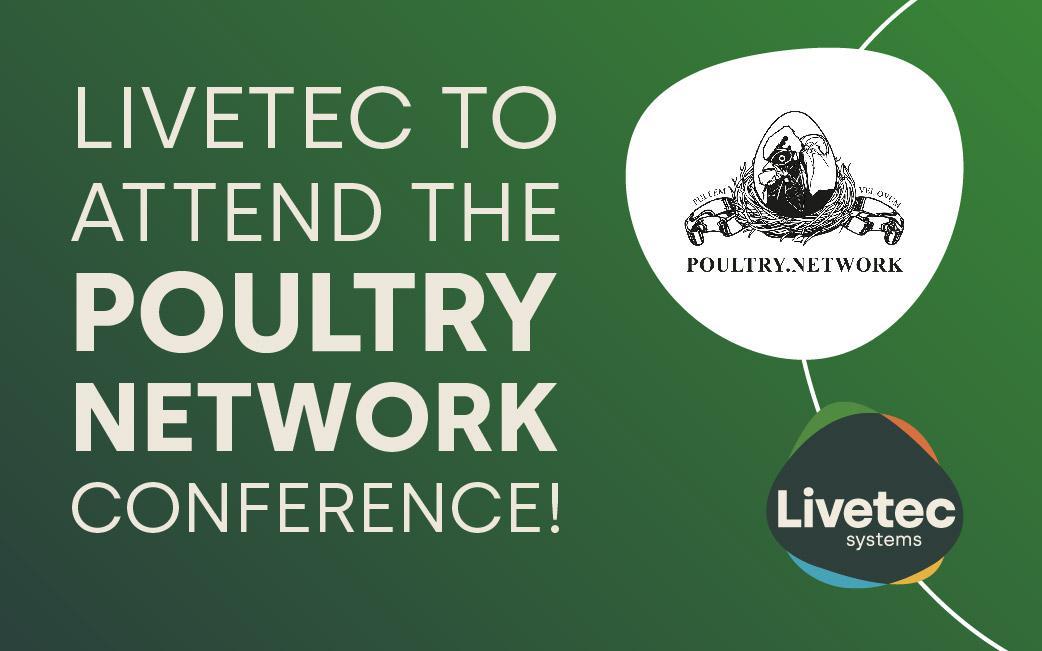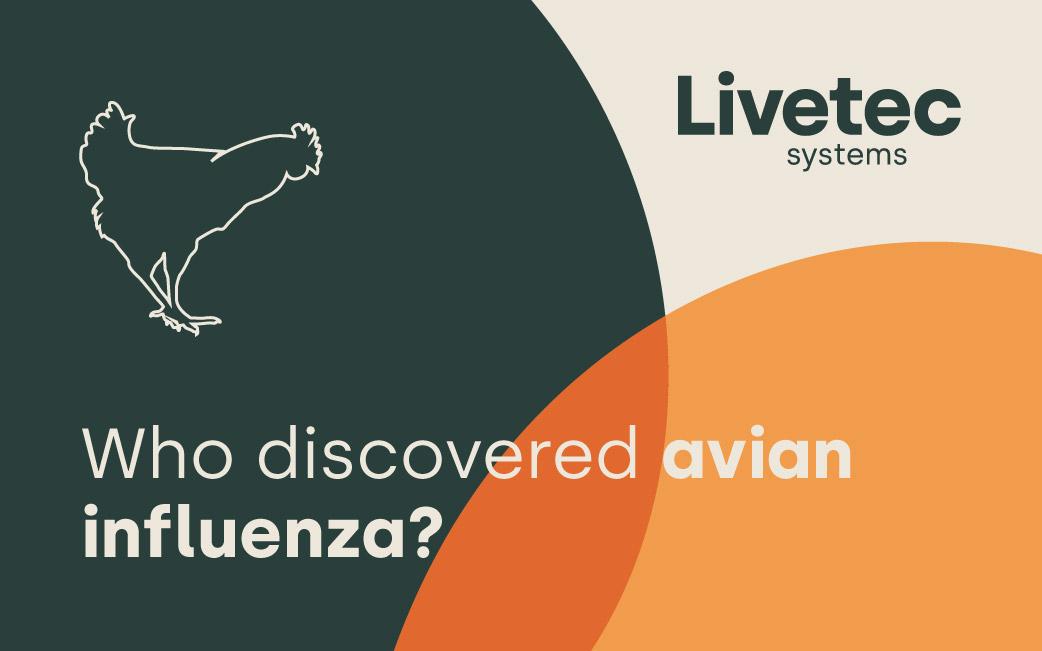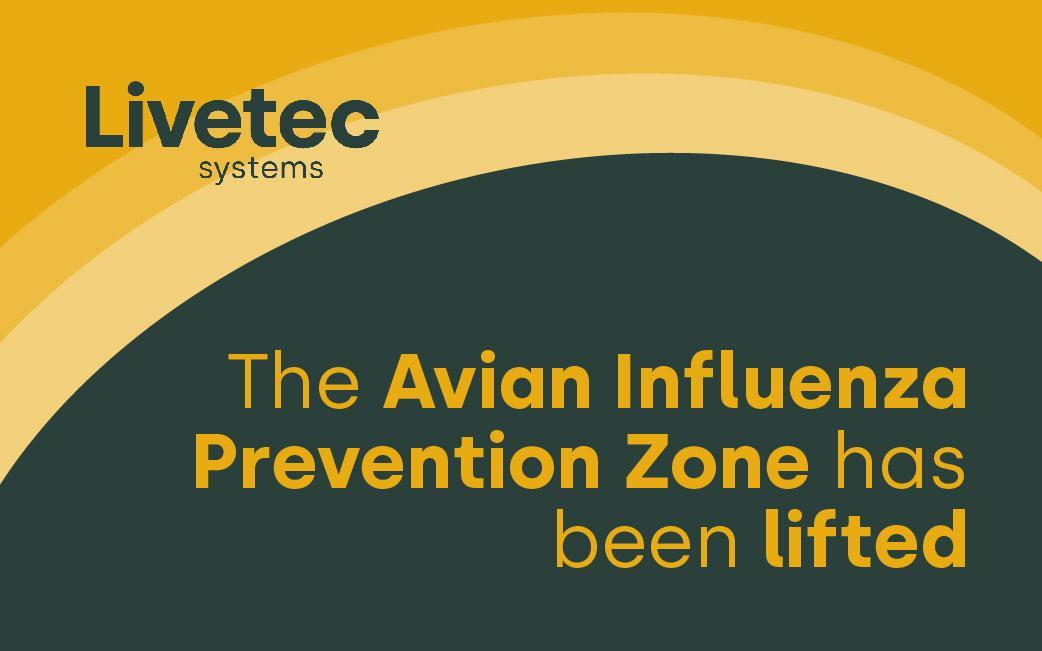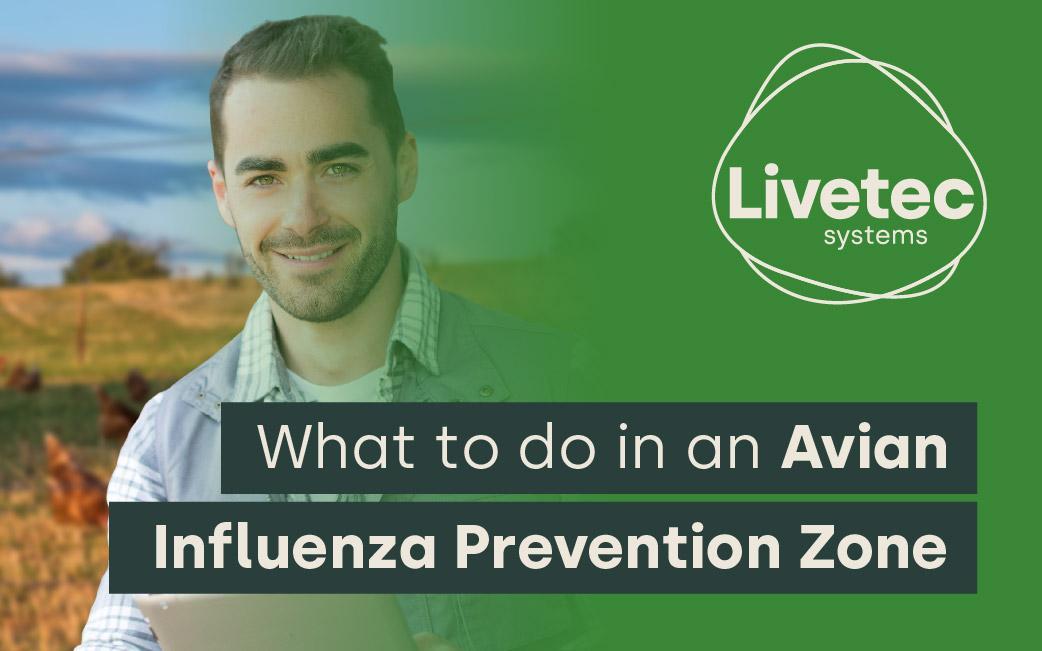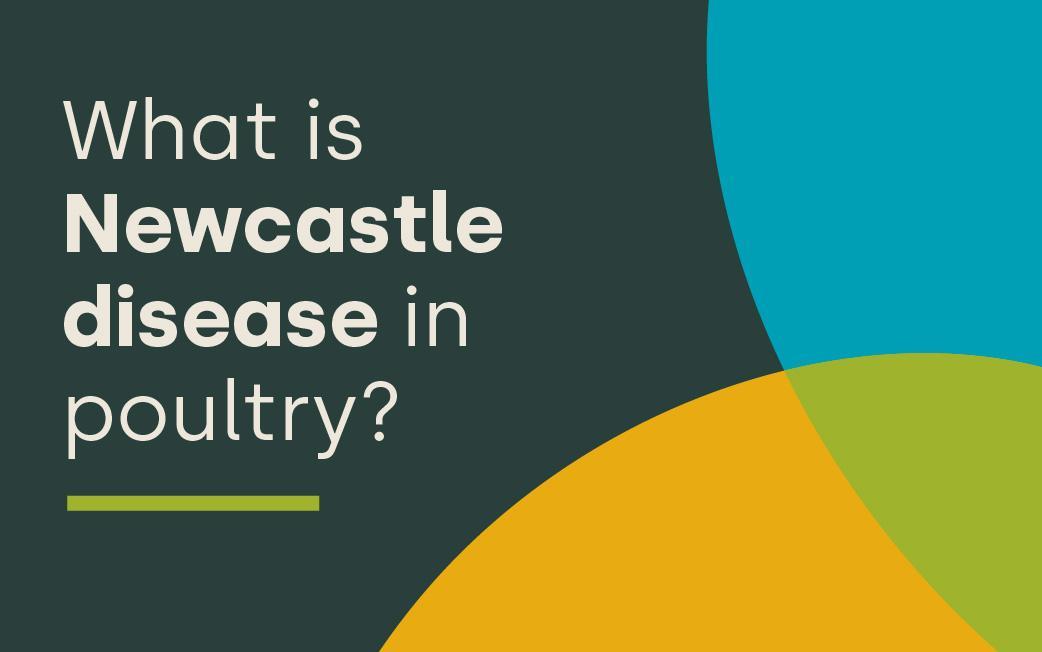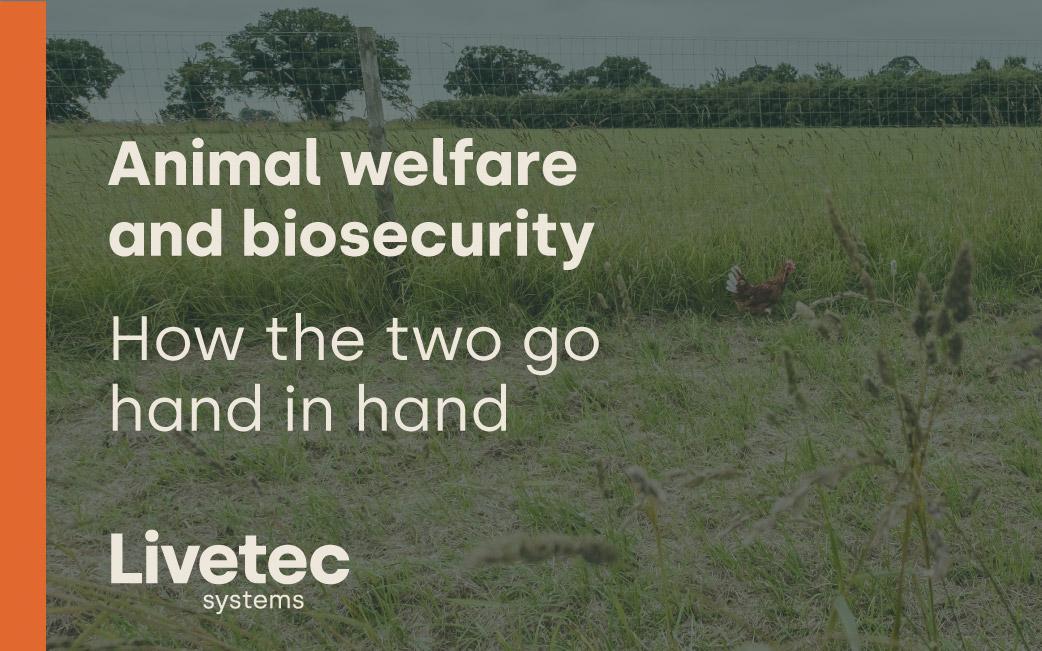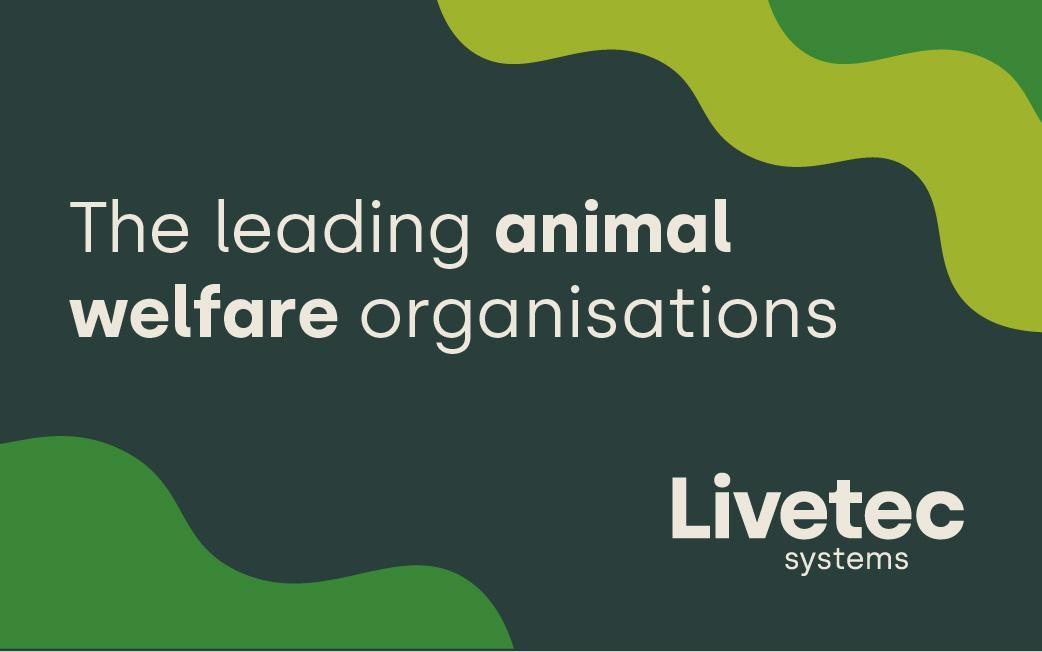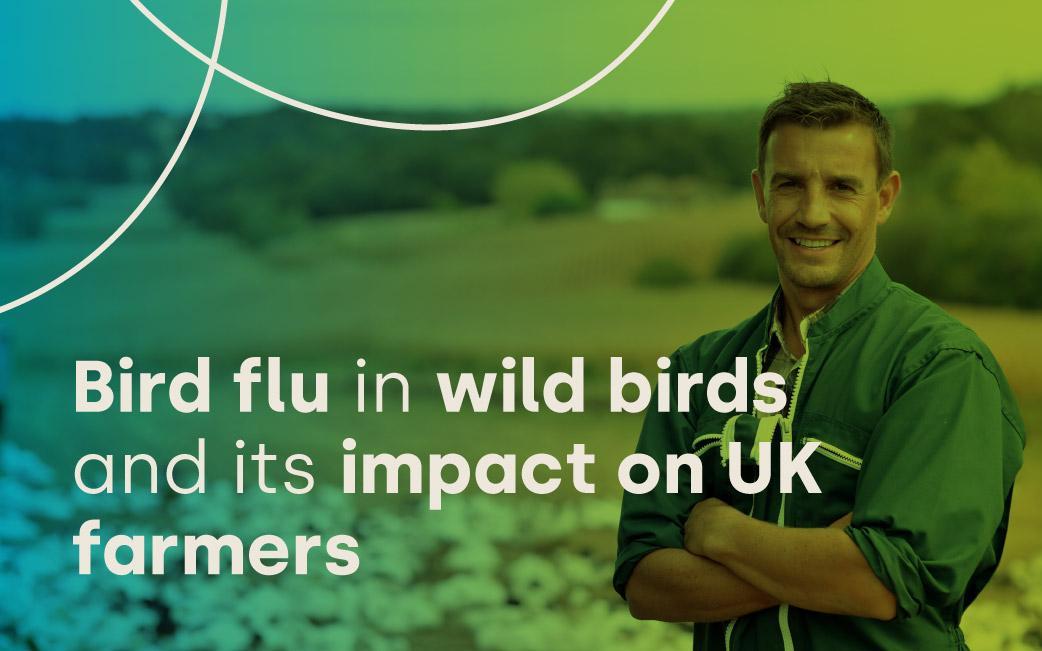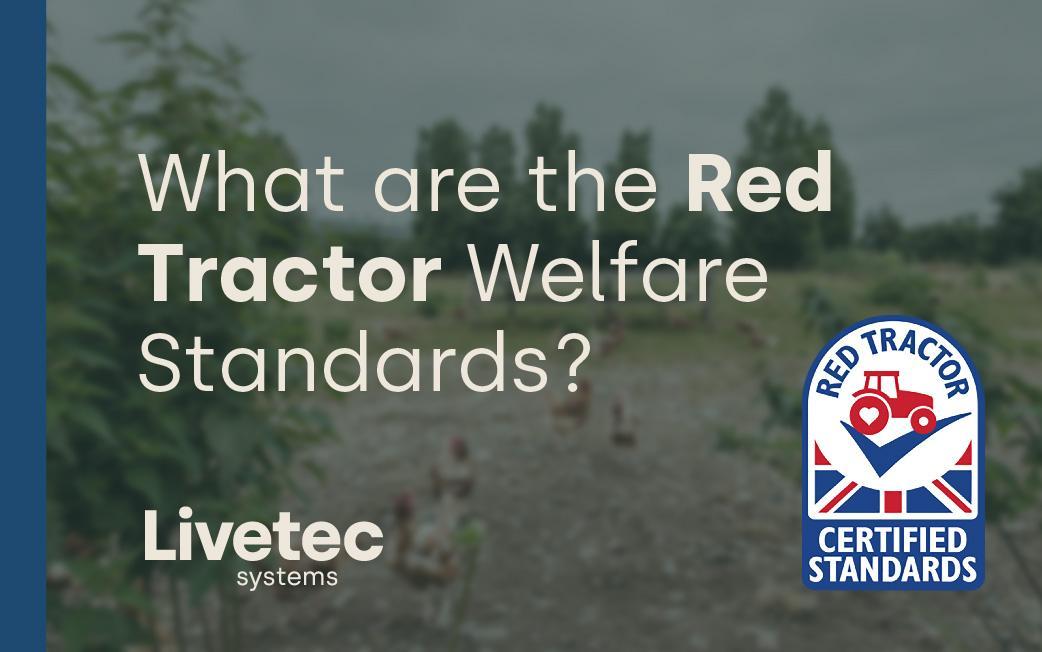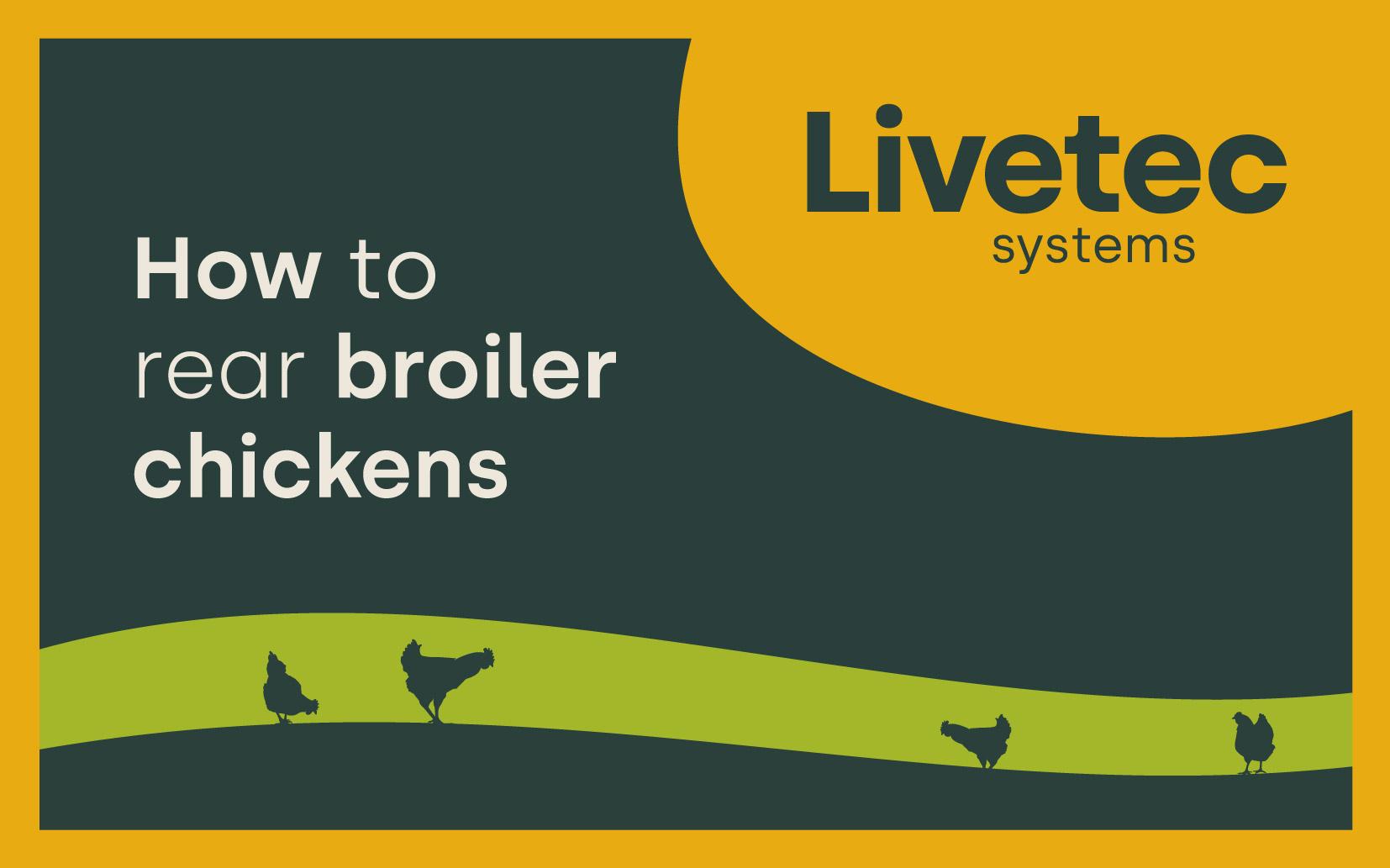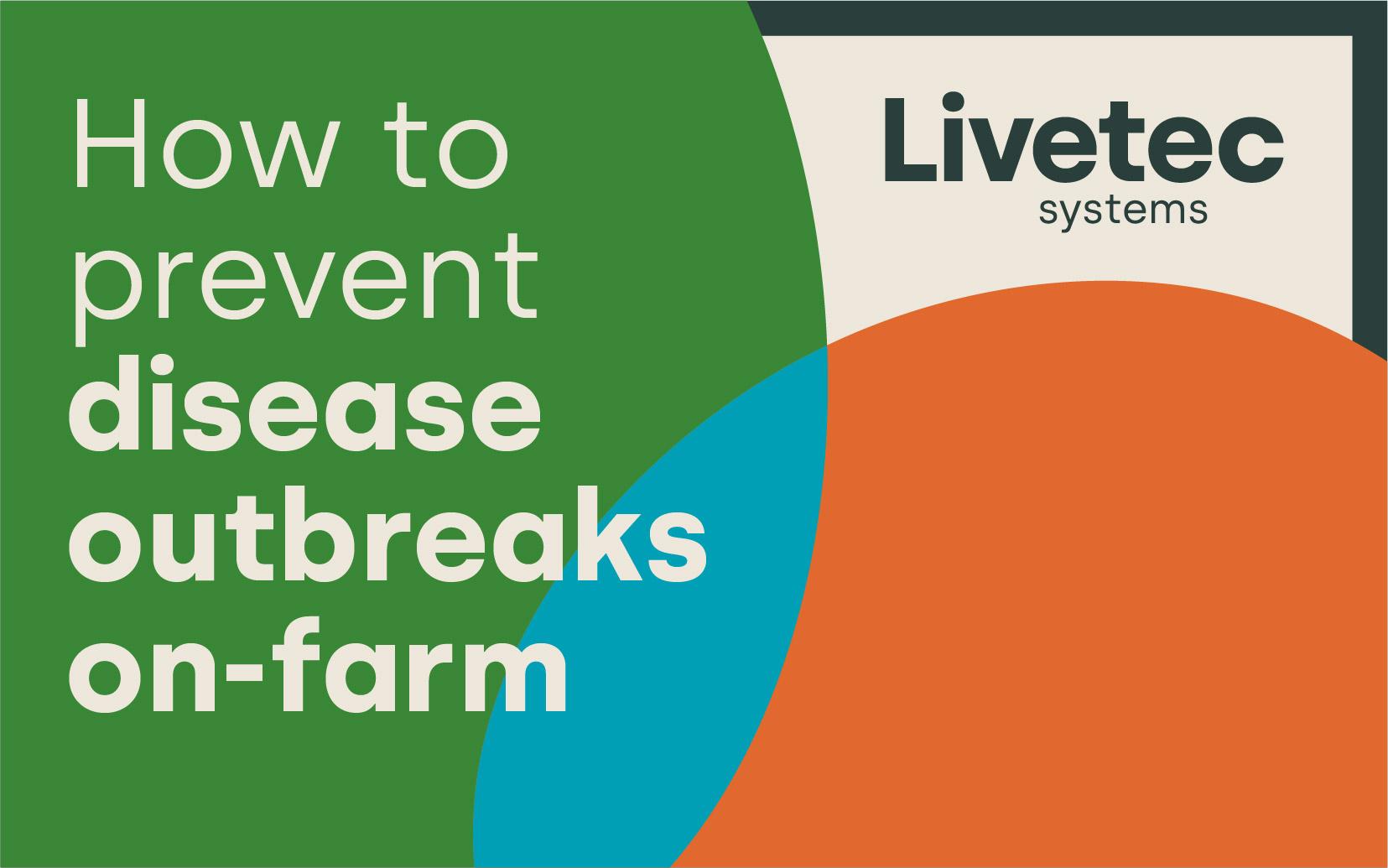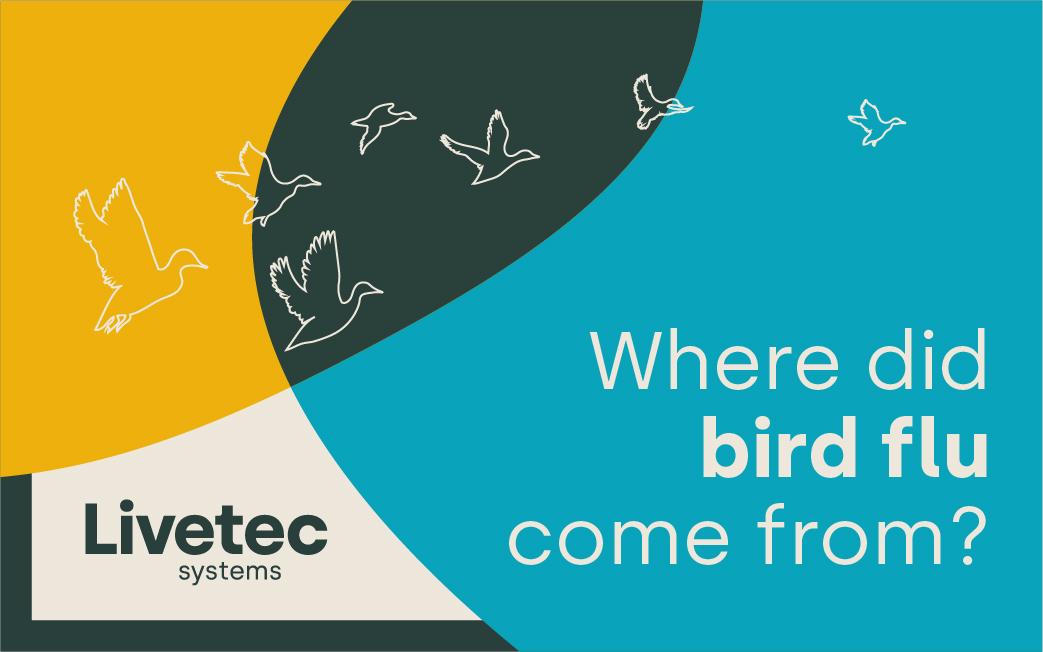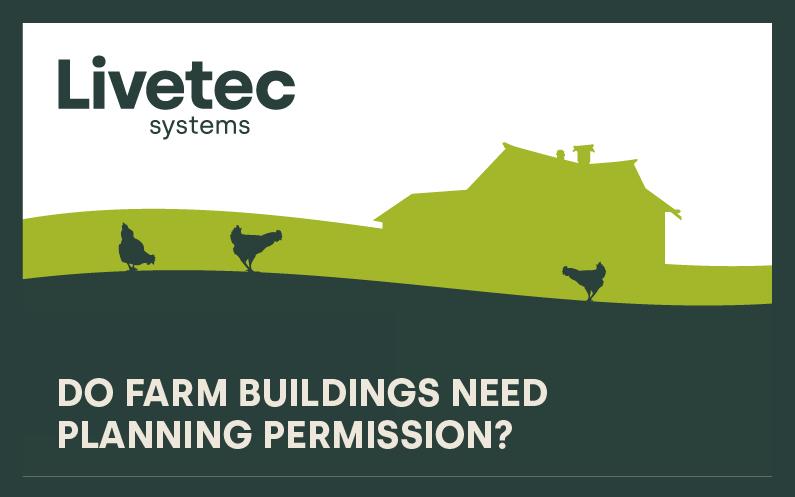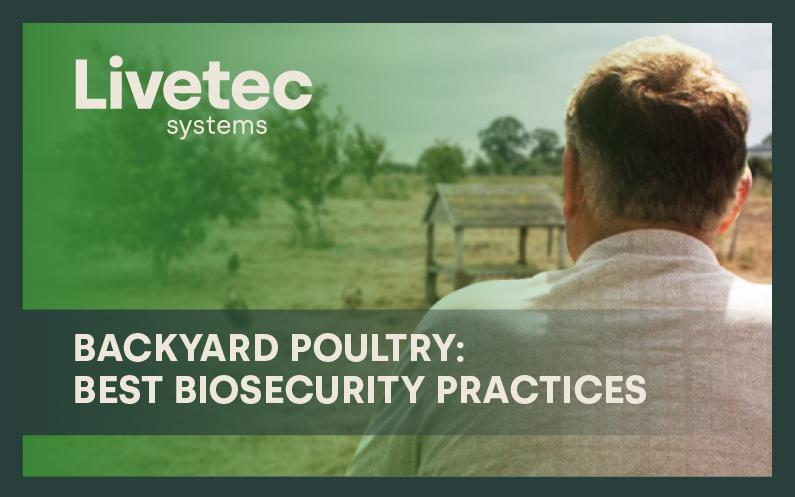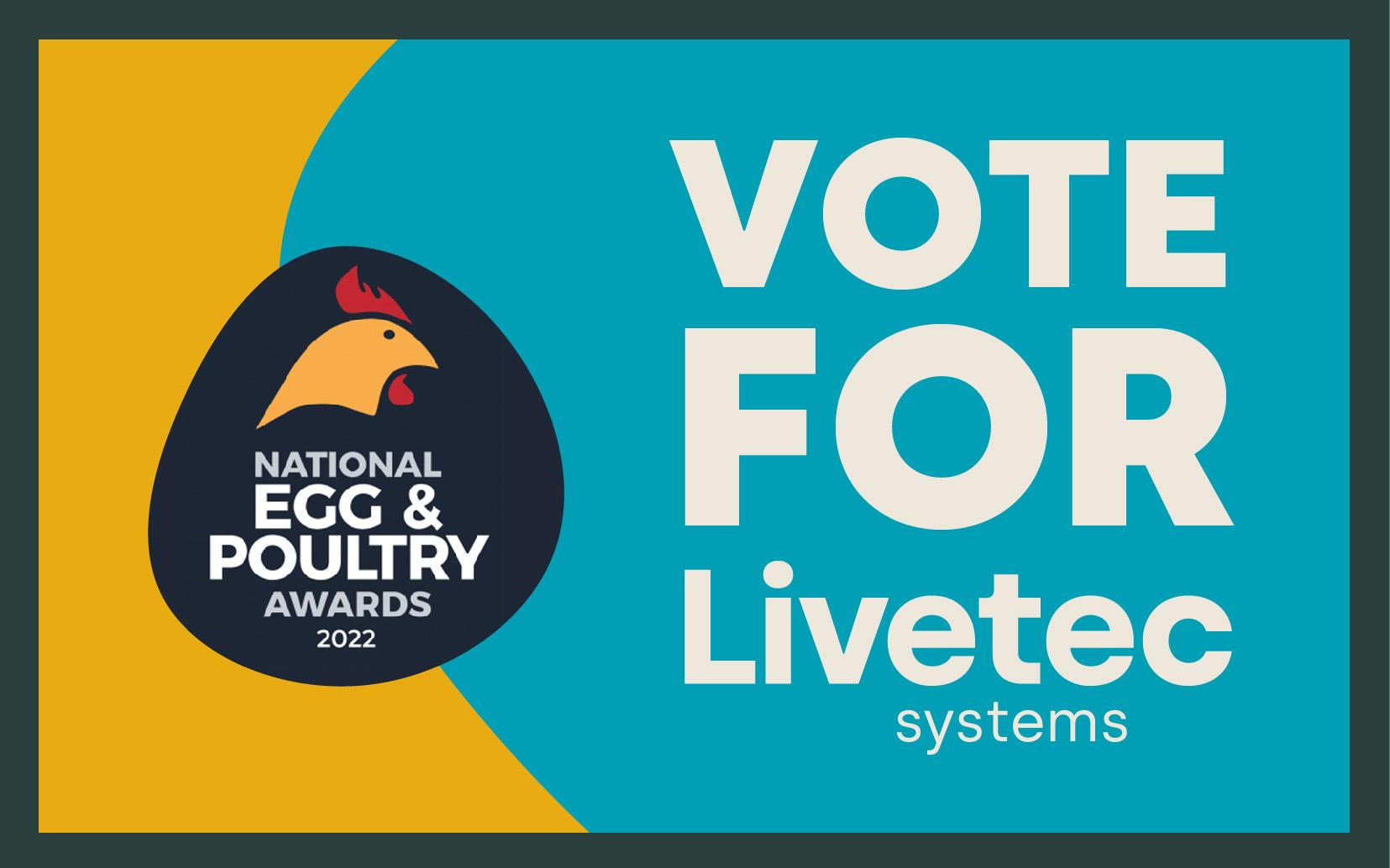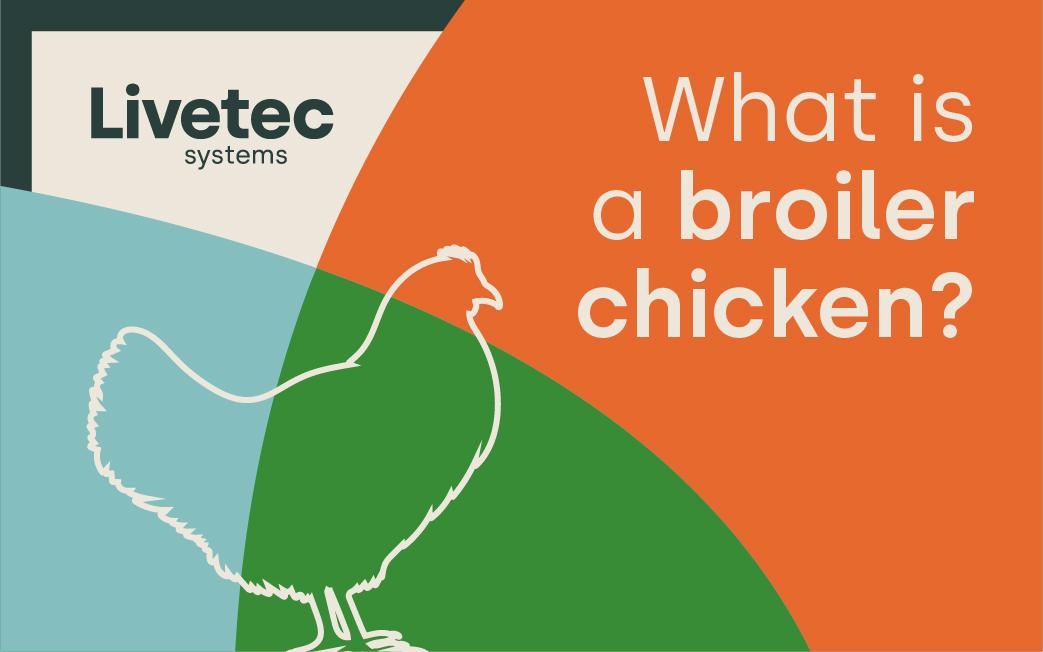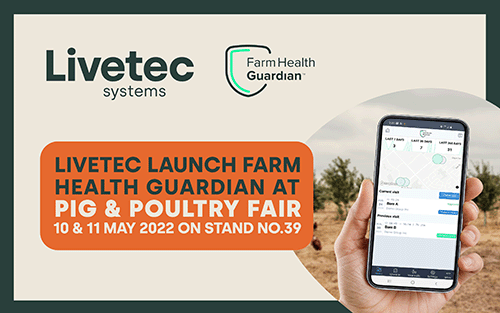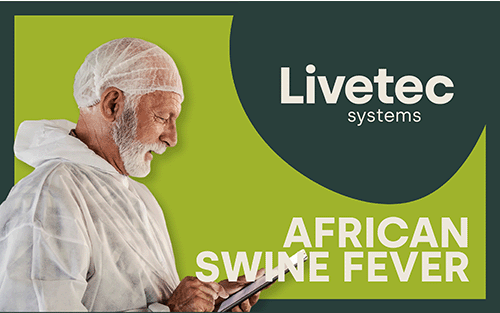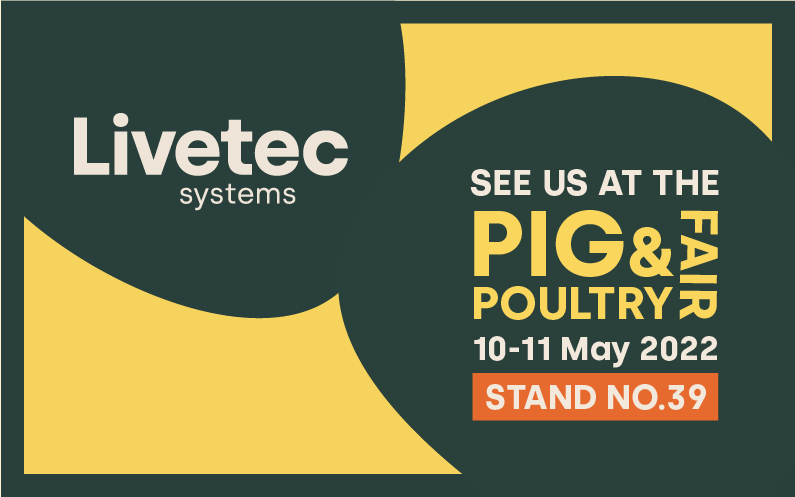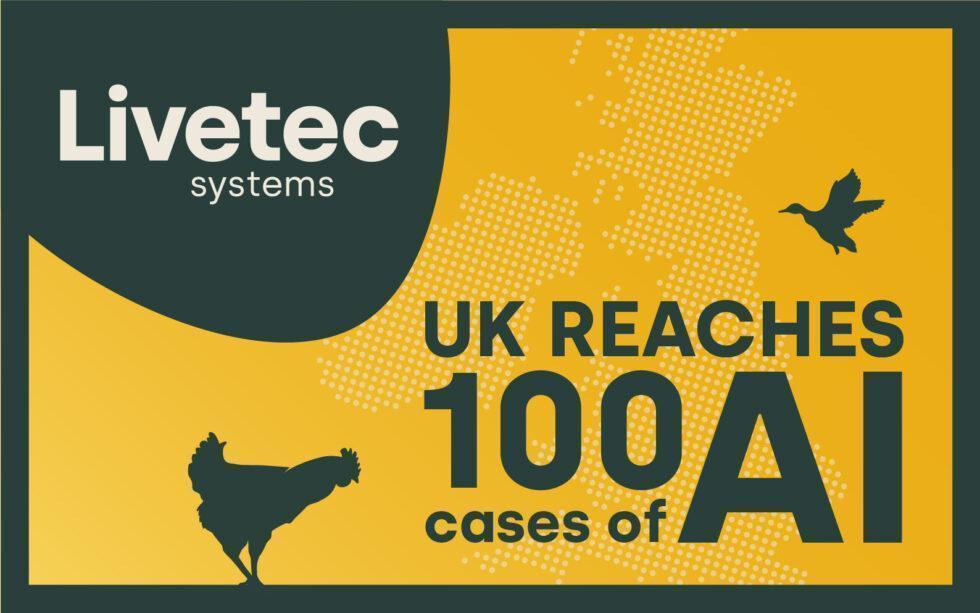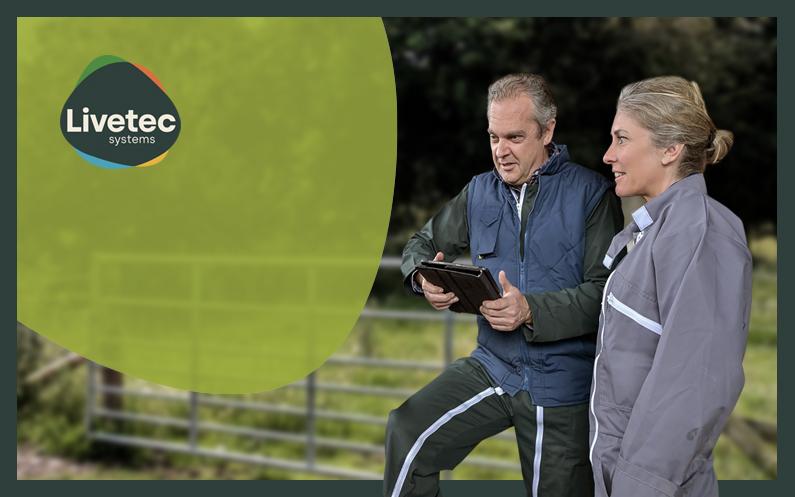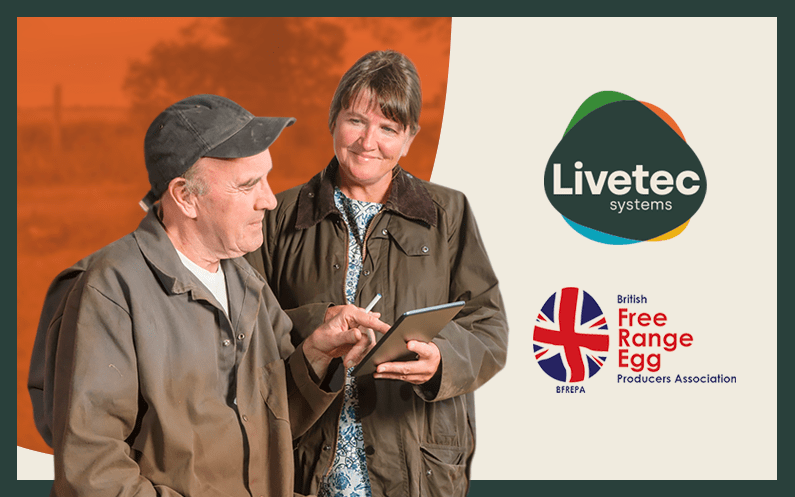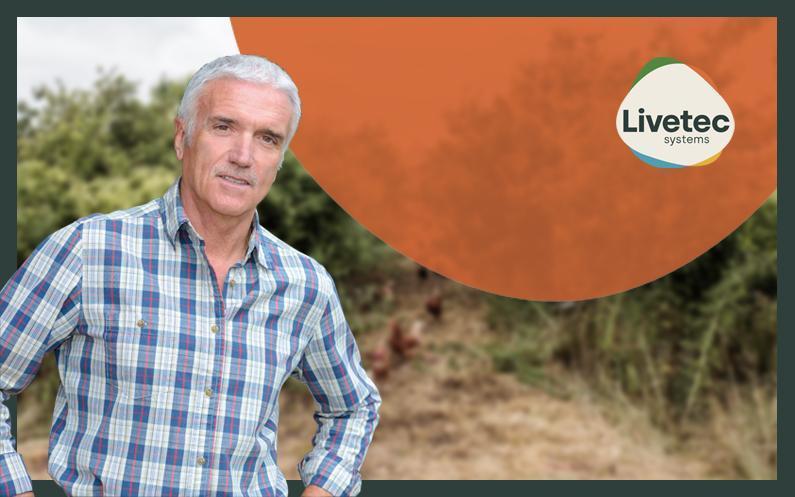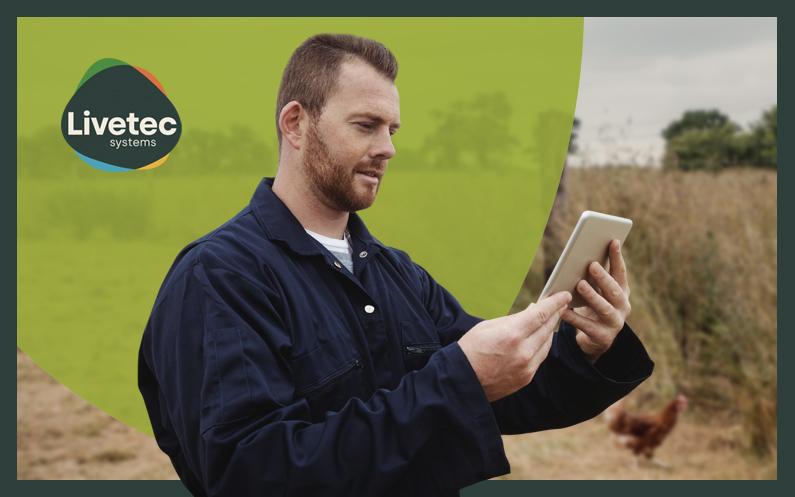The UK Government has postponed post-Brexit border checks on food imports until the 31st of January 2024 for medium risk products, which has raised concerns from UK farming industry bodies about the risks of African swine fever (ASF) gaining a foothold in the UK.
Martin Kennedy, the President of the National Farmers Union, Scotland expressed concern, saying that this lapse in checks will “leave farmers and crofters exposed to the introduction of devastating animal and plant diseases such as African swine fever.”
Charlie Dewhust, the National Pig Association’s Chief Policy Adviser echoed the same concerns saying ‘this is now the fifth delay in implementing physical checks on goods entering the country, the lack of which is exposing the UK to potentially devastating notifiable diseases like African swine fever.”
At the beginning of September 2023, seven wild boar were confirmed with ASF near Fagersta, a town just 145 km from Stockholm. This is the first time ASF has been confirmed in Sweden and is a considerable jump from the nearest recorded cases in Europe. In July 2023 cases were also recorded in the Calabria region of Italy, a jump of 800 km from Lazio, which was the nearest recorded case.
The President of the British Veterinary Association, Malcolm Morley, also had this to say upon hearing about reports of a delay last month “News that the Government may be once again delaying the introduction of crucial border checks on goods entering the UK is extremely frustrating and is putting the UK’s biosecurity at serious risk of imported diseases like African swine fever.”
What can UK pig breeders and farmers do to protect their pigs?
ASF is extremely virulent and there is no cure. It can survive for long periods on clothes, equipment and in frozen pork products, and if the worst happens and ASF makes landfall in the UK, it will be devastating.
The Animal and Plant Health Authority (APHA) have stressed the need for robust biosecurity and have provided guidance on what pig farmers and breeders should do to keep their animals safe:
- Keep visitors and seasonal workers away from your premises if they have been in contact with pigs from another site, or come from a country where ASF has been confirmed
- Insist on PPE being worn by any visitors to the piggery or areas where the pigs have access
- Make sure foot wash stations are refreshed regularly and that they cover as much of the boot with disinfectant as possible
- Do not feed pigs food waste or pork products as it is illegal to do so
- Ensure that any vehicle or shared machinery is cleansed and disinfected thoroughly before they are allowed on site
- Before restocking the pen remains empty for 4 days after cleansing and disinfection
- When restocking make sure the animals have full medical documentation and preferably have your vet inspect them
- Make sure that the new animals are quarantined before they are introduced to communal areas
It is vital to spot symptoms of ASF as early as possible
Keep vigilant by making sure you know what ASF symptoms you should look out for, including:
- Look out for high temperatures or fever in your animals of 40 degrees or more
- Watch out for diarrhoea and vomiting in the animals
- Be vigilant for red or darkened snouts and ears
- Listen for breathing difficulties and coughing
- Notice any loss of appetite and subsequent weight loss
- Check for gummy eyes
- Be alert to weakness, lethargy and trouble standing
- Keep alert to stillbirths
Biosecurity is your best defence against disease entry
For more than ten years, Livetec has been dealing with disease outbreaks in the UK. Our team has witnessed how these outbreaks affect farms, their animals, and the farmers themselves.
We understand that the idea of enforcing strict biosecurity measures can seem overwhelming. However, at Livetec, we are dedicated to helping farmers and their teams develop biosecurity and contingency plans, designed to help prevent outbreaks and provide support if the worst-case scenario occurs.
We’re here to be a supportive partner for your business. Drawing on our extensive experience with disease outbreaks and using evidence based research, we work to create effective biosecurity protocols that are specifically designed for your business’s needs.
Introducing Farm Health Guardian (FHG) by Livetec
The only protection from disease is biosecurity, good communication, record keeping and knowing what is happening on your premises at any given time.
More often than not, these factors can be disjointed, slowing down decision-making when quick informed decisions have to be made.
Livetec’s Farm Health Guardian brings all of this information into realtime, which all those involved in the running of the farm can access by:
- Providing easy setup and use, touchless, fast and confidential technology
- Monitoring 24/7 the movements in and out of your farm locations in real-time
- Streamlining communications to everyone in your production system
- Making it available to everyone involved in your operation
- Creating automated reports for faster, more efficient analysis and record keeping
- Improving your outbreak response to stop the spread of disease
- Empowering actions to prevent and reduce the risk of disease
- Early disease detection with animal health reporting tools
Find out more about Livetec’s Farm Health Guardian here.
What is the Livetec Biosecurity Advisory Service?
Alongside FHG, we provide a Biosecurity Advisory Service- the first of its kind.
It starts with a visit from a Livetec Biosecurity Adviser who will review your farm’s operation and conduct a walk-through from farm to road. Farm mapping will be undertaken and issues, recommendations and solutions will be provided.
Our Biosecurity Advisory Service helps to define on-farm biosecurity processes and protocols to provide you with the highest level of protection possible.
Find out more about Livetec’s Biosecurity Advisory Service here.
Book your Biosecurity Advisory Service here.

